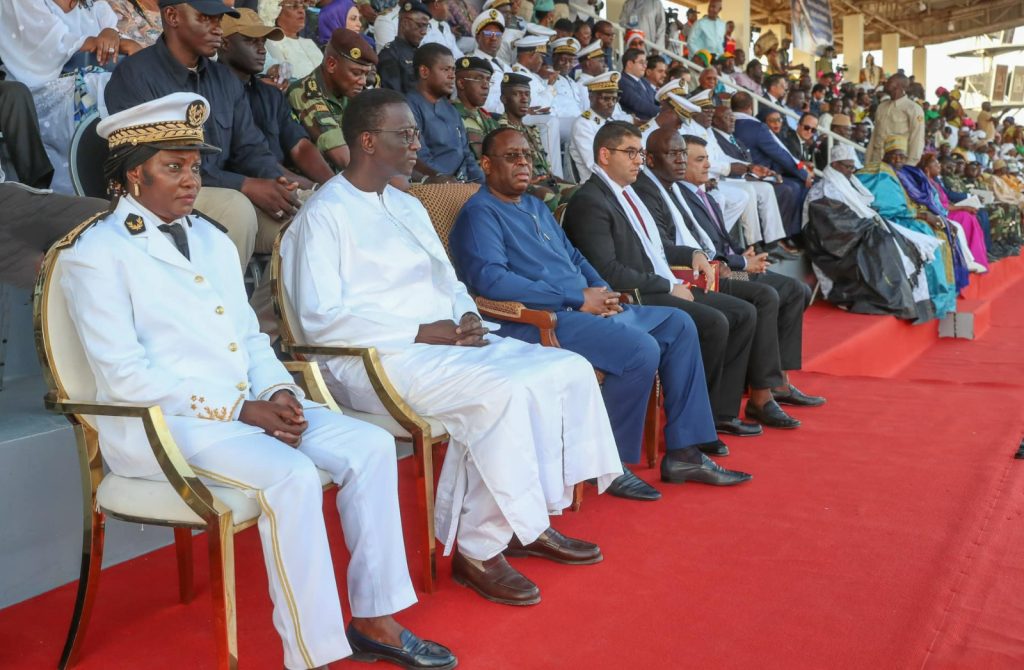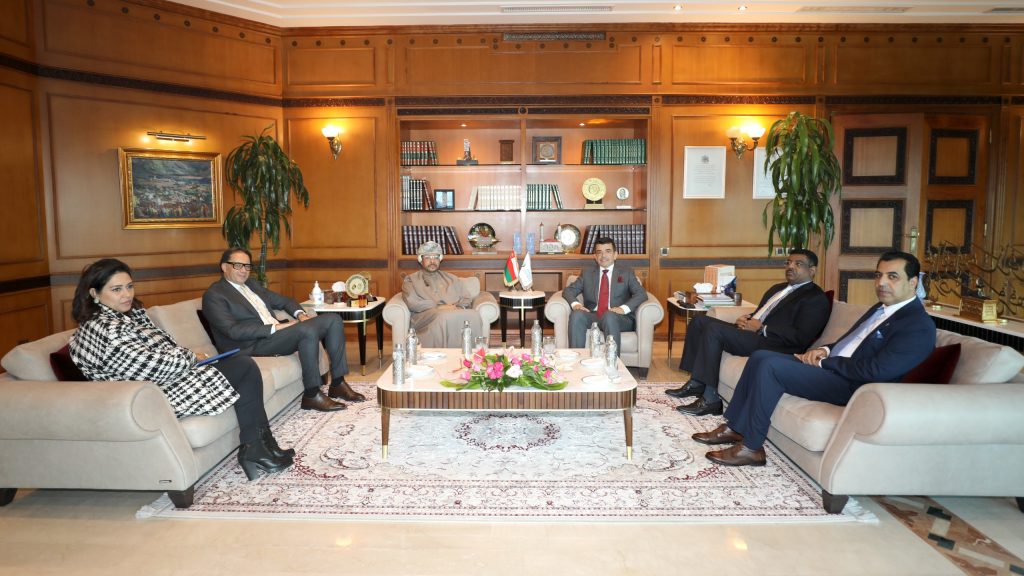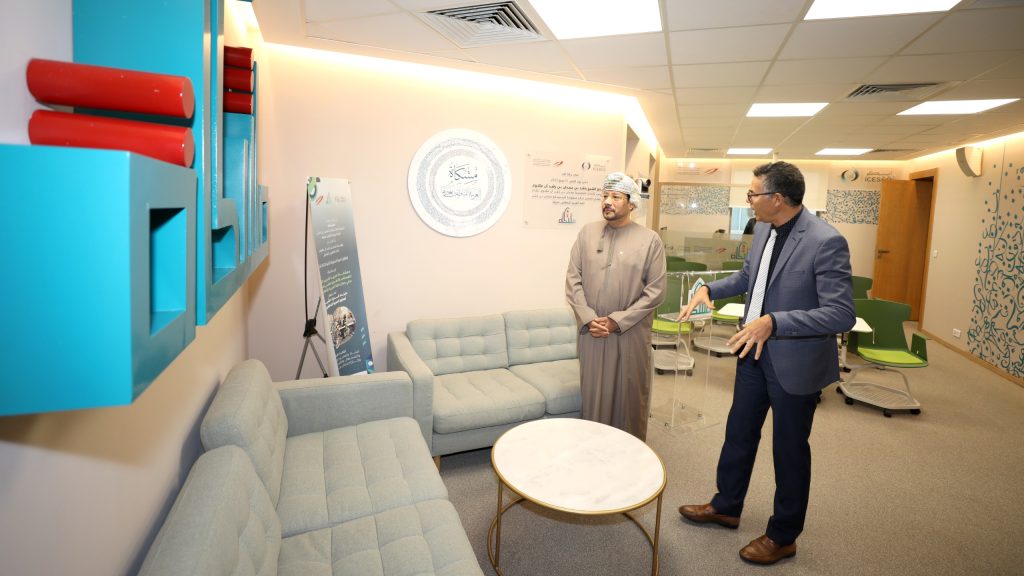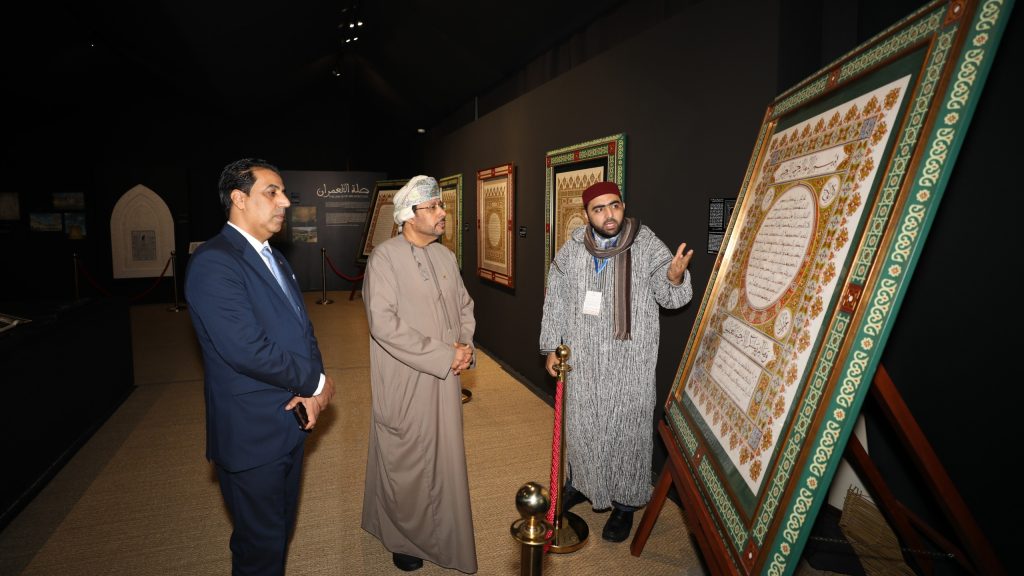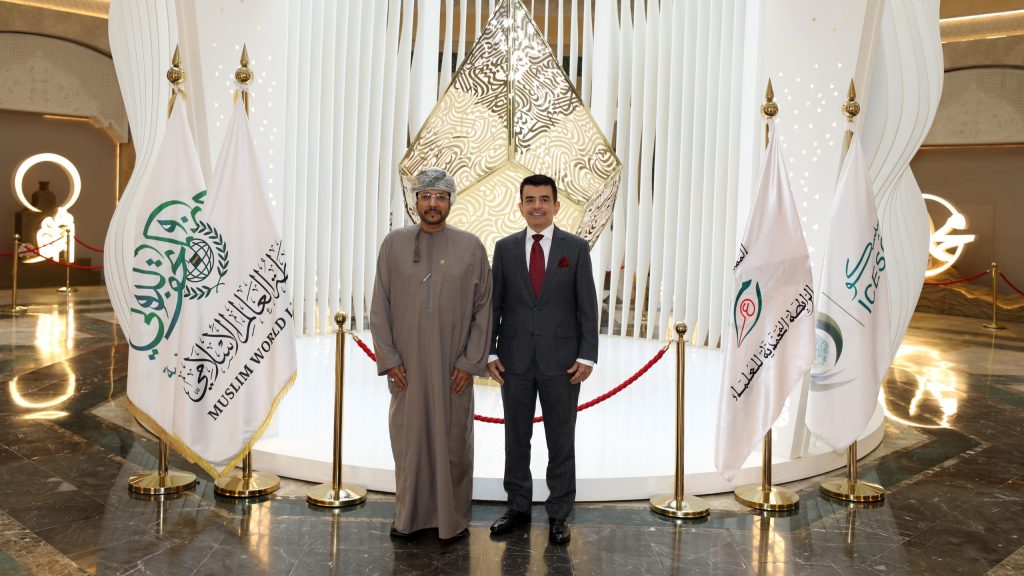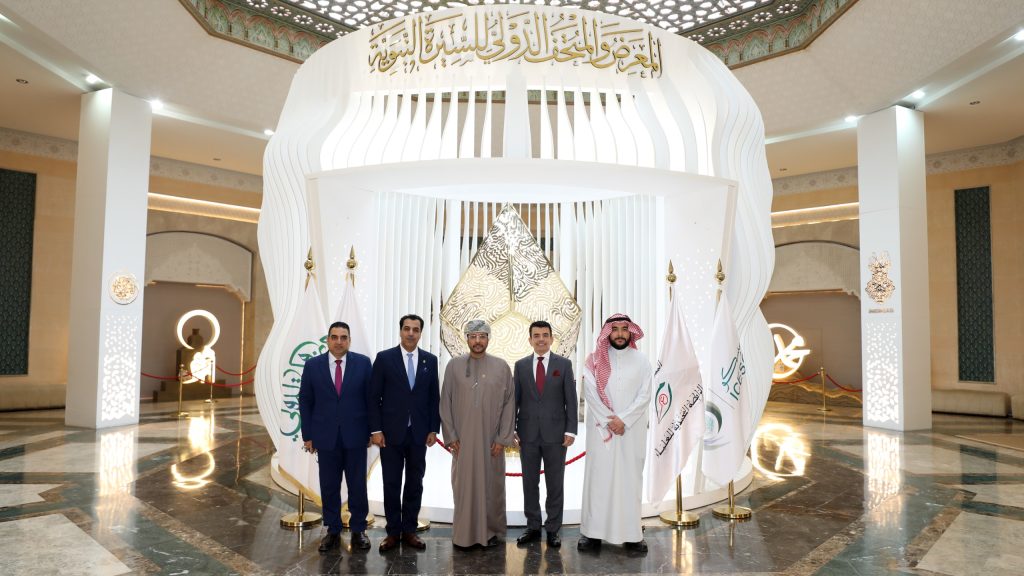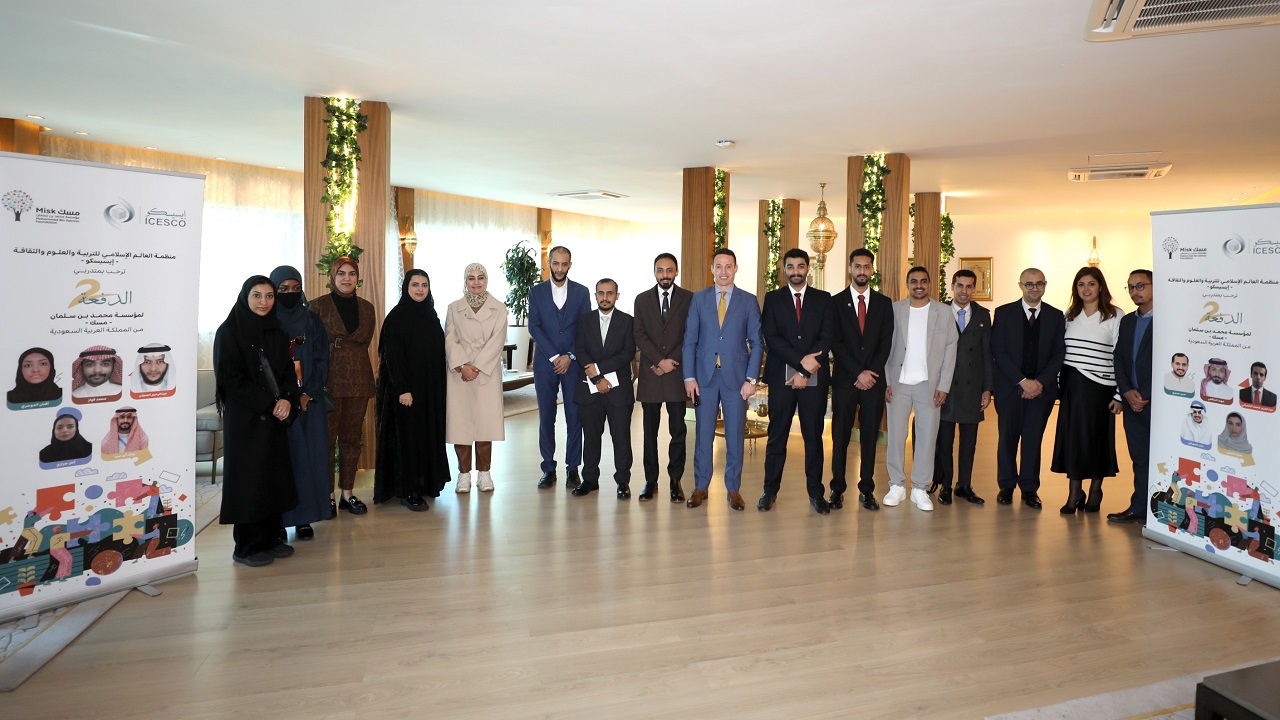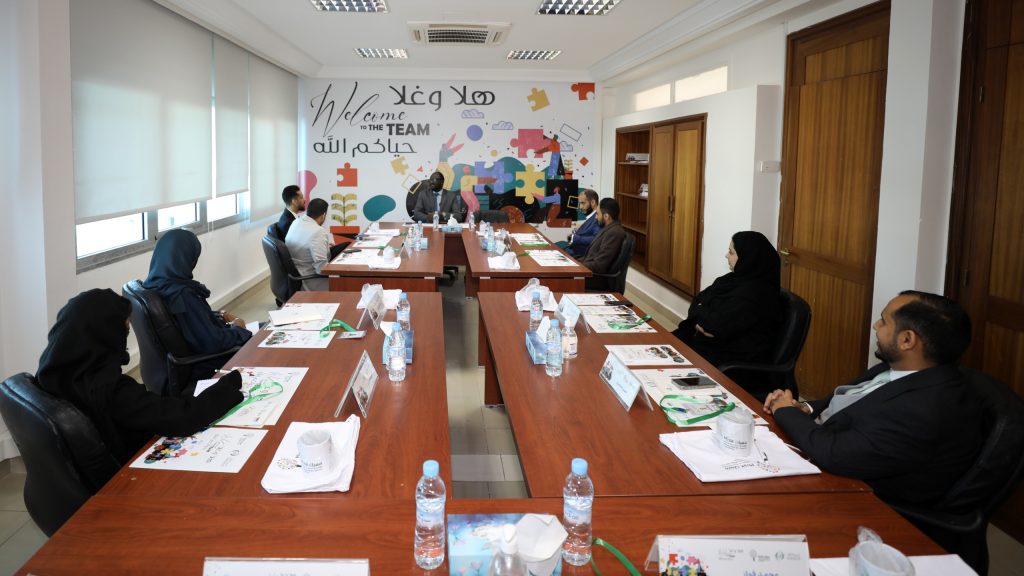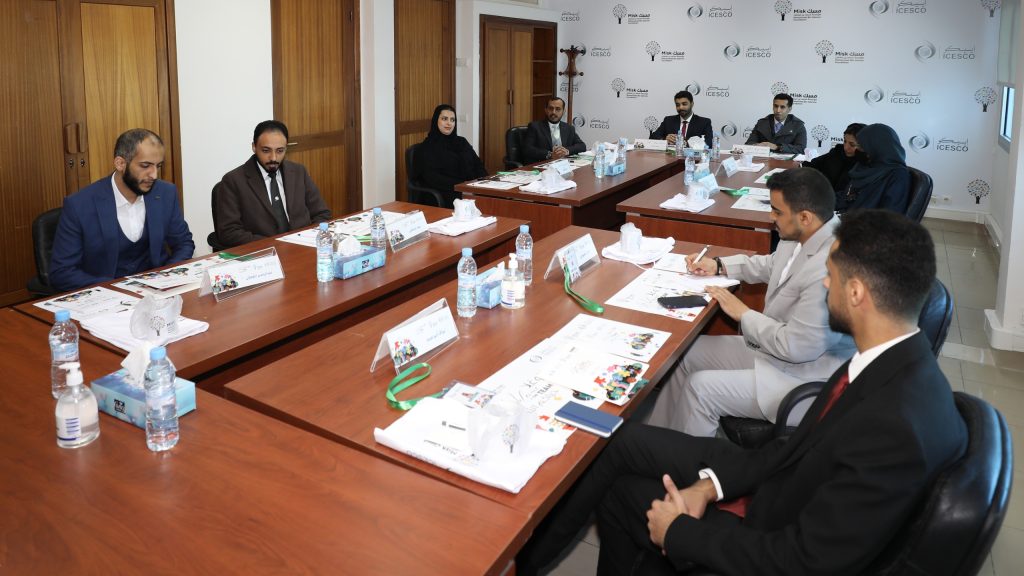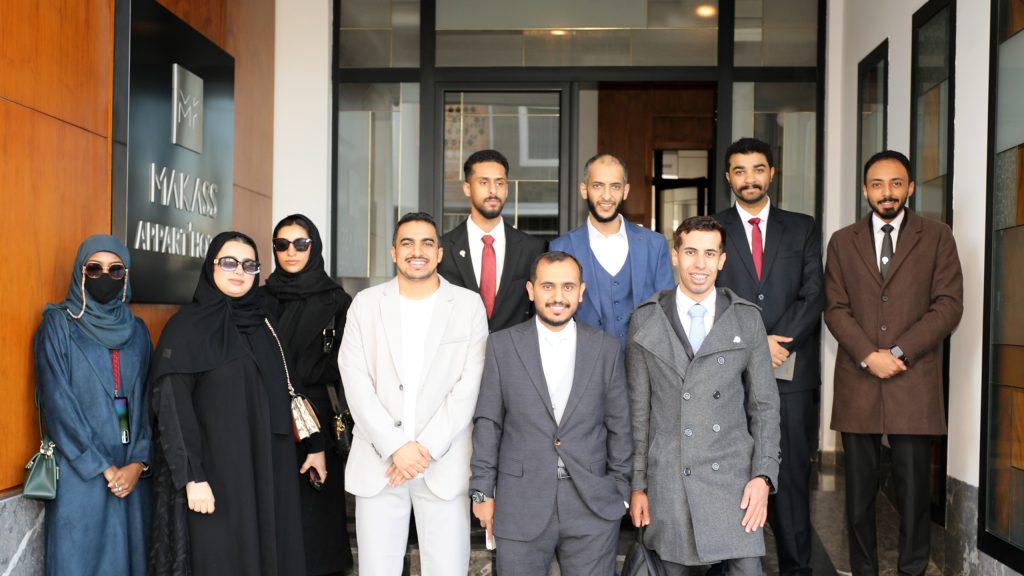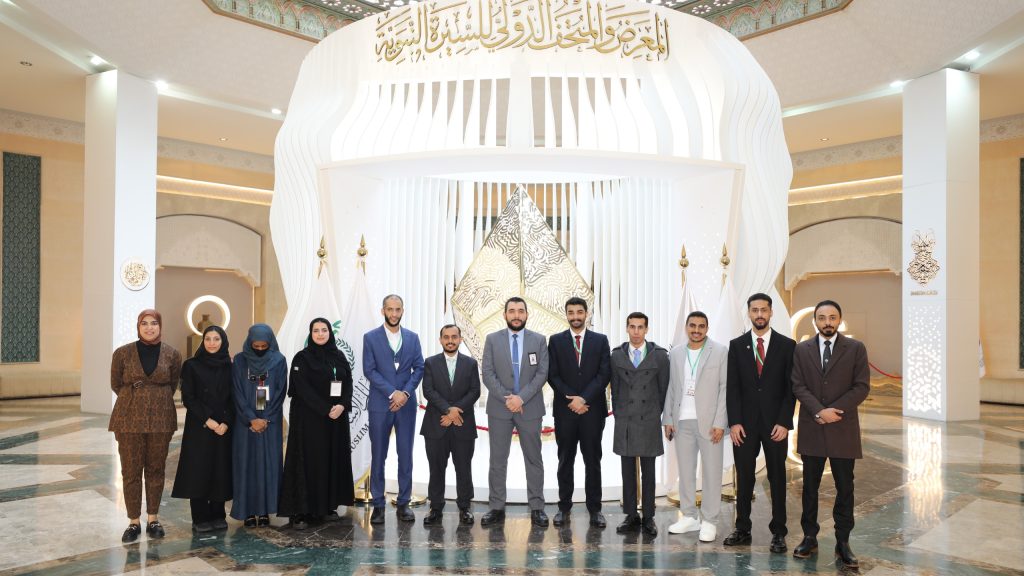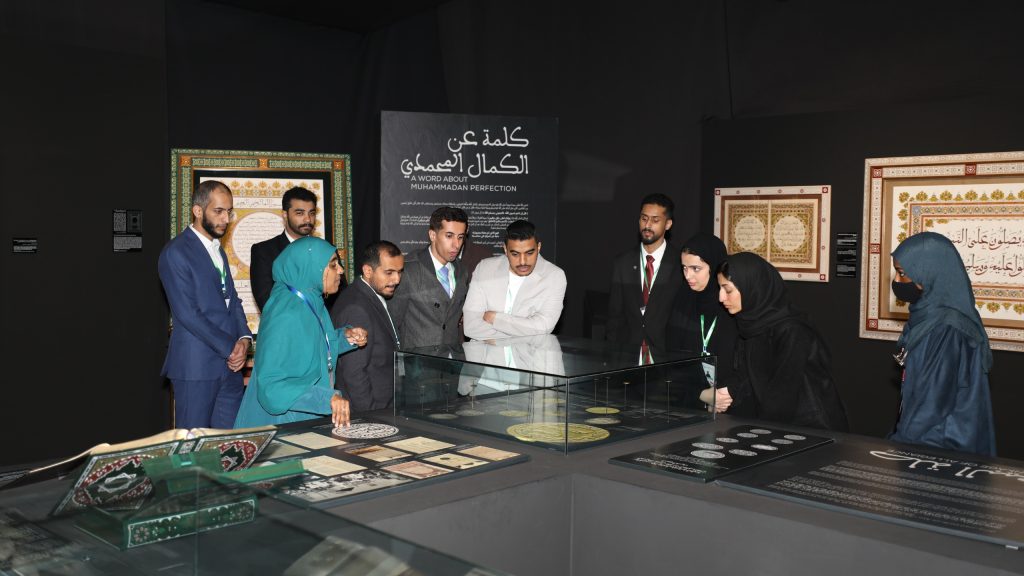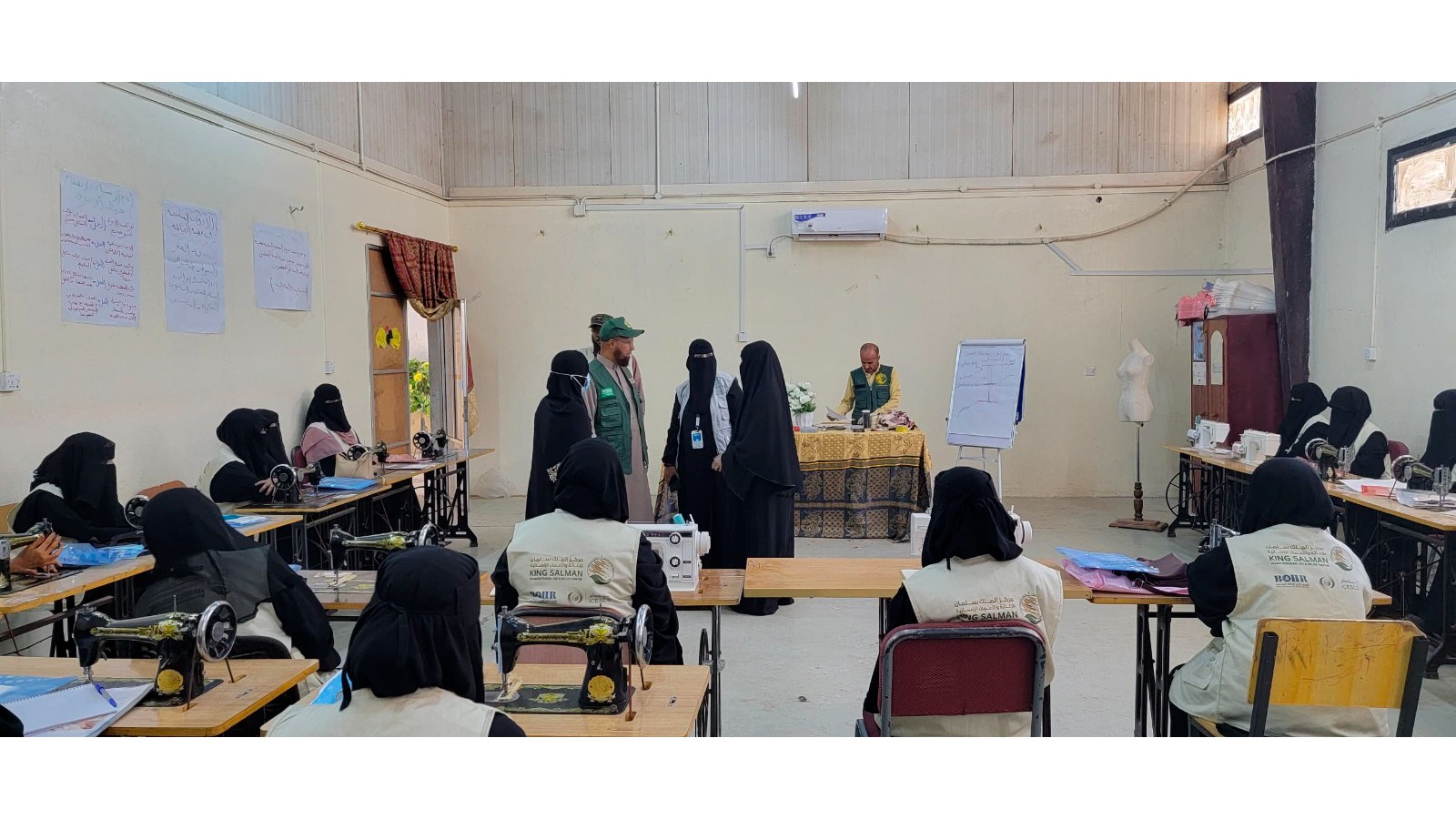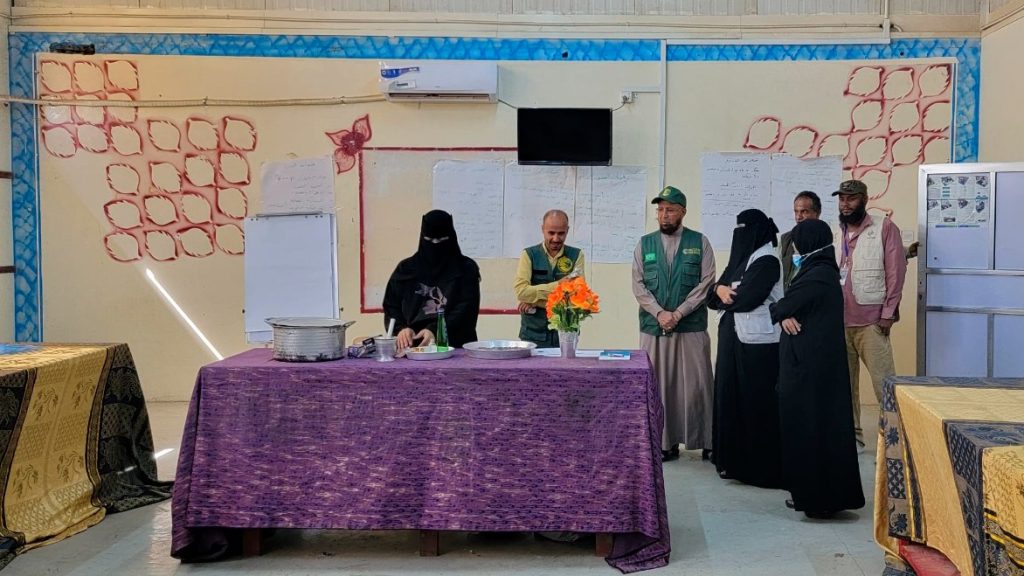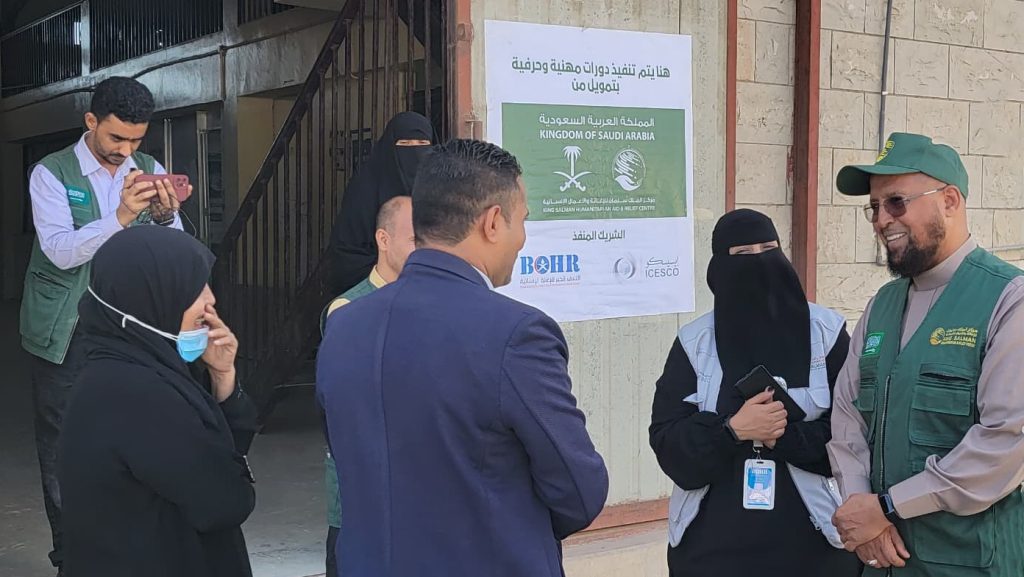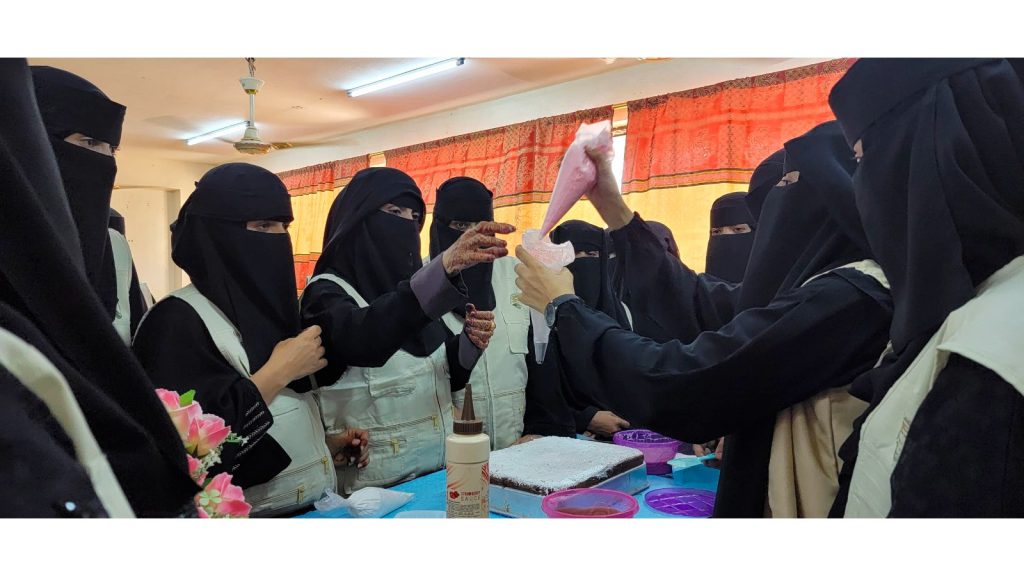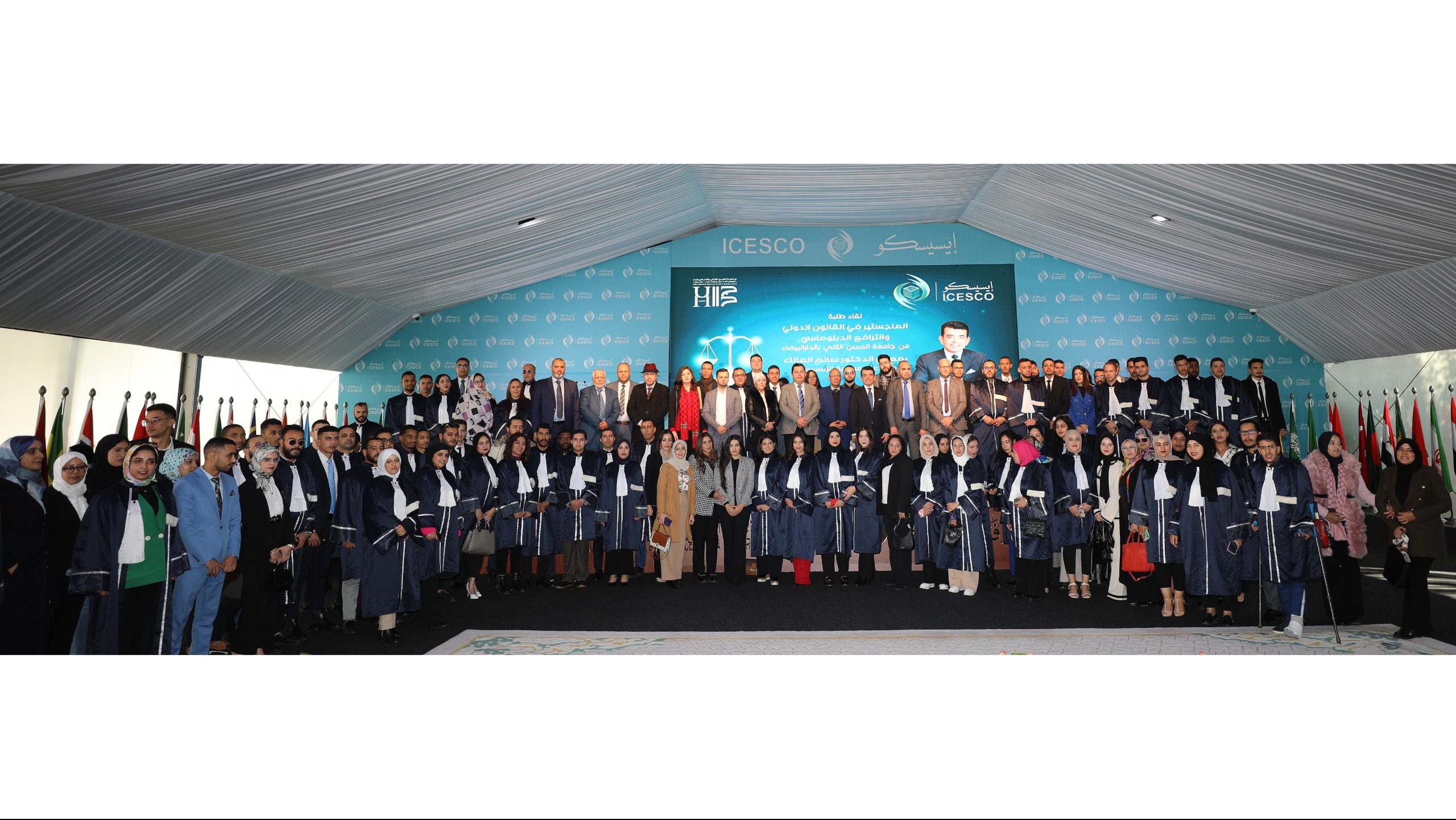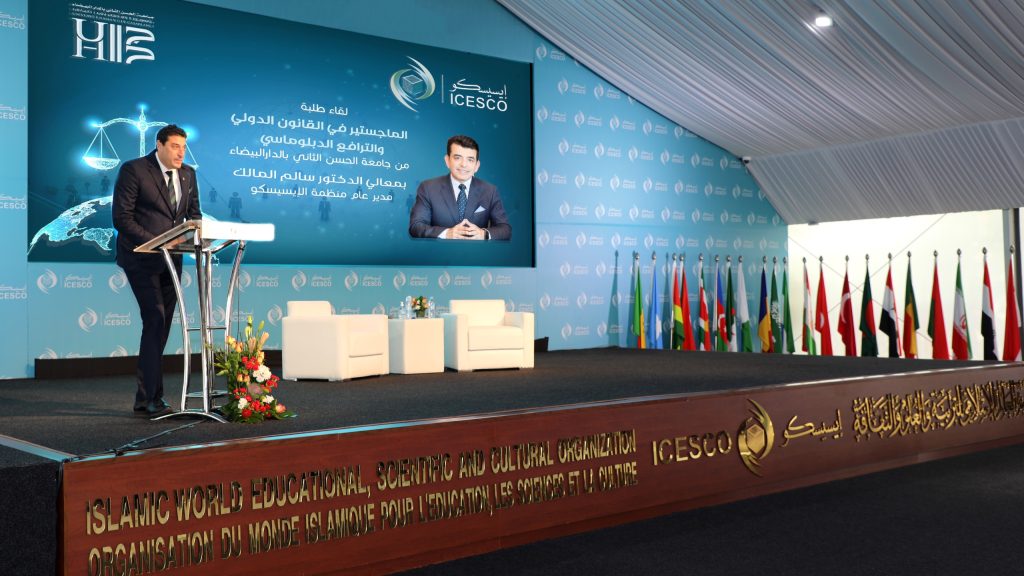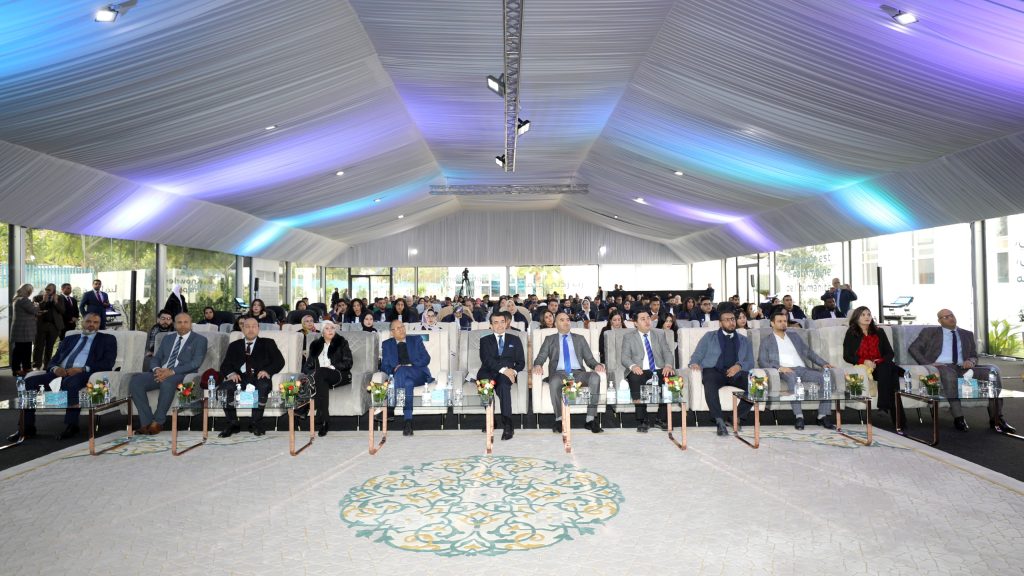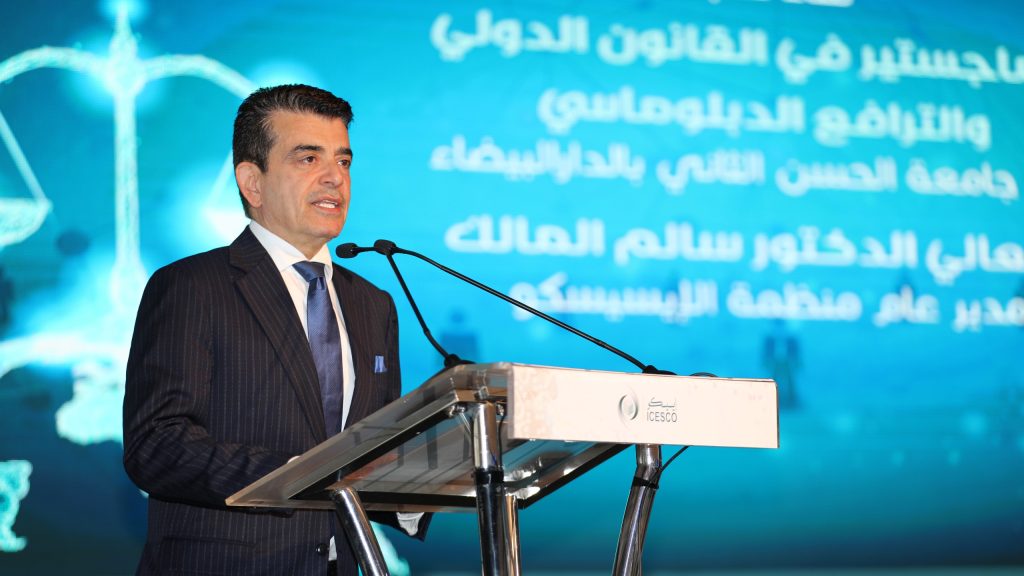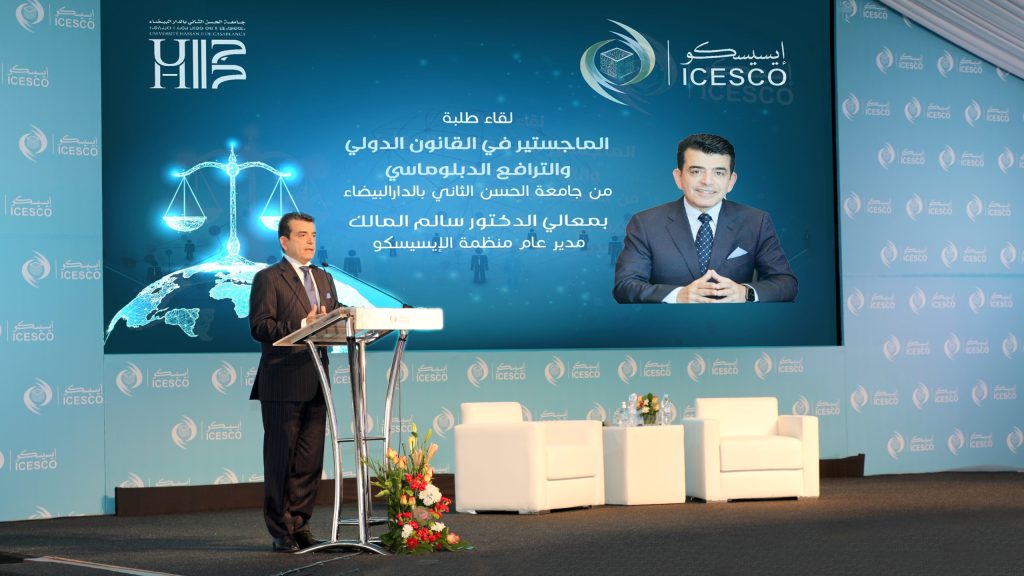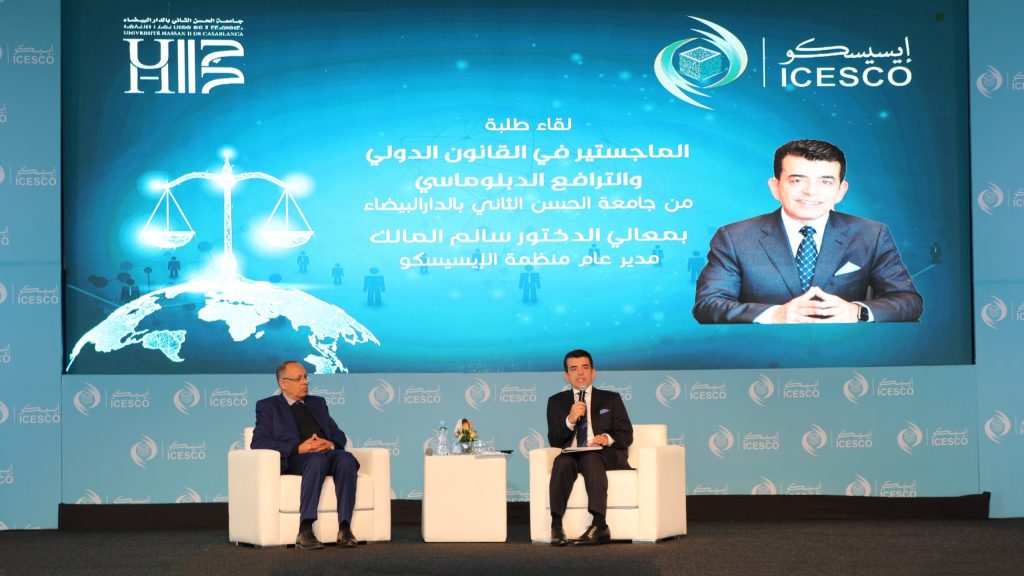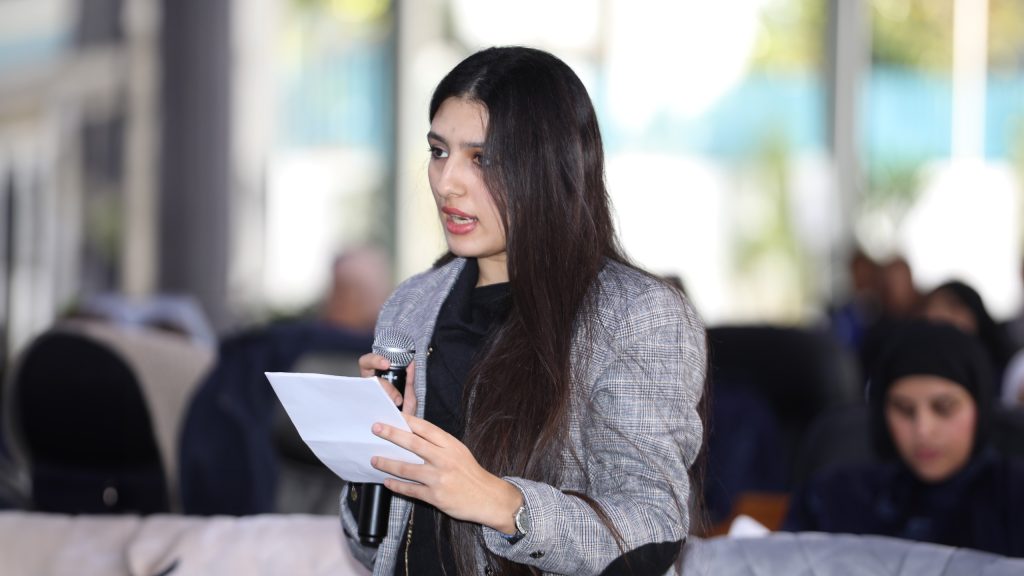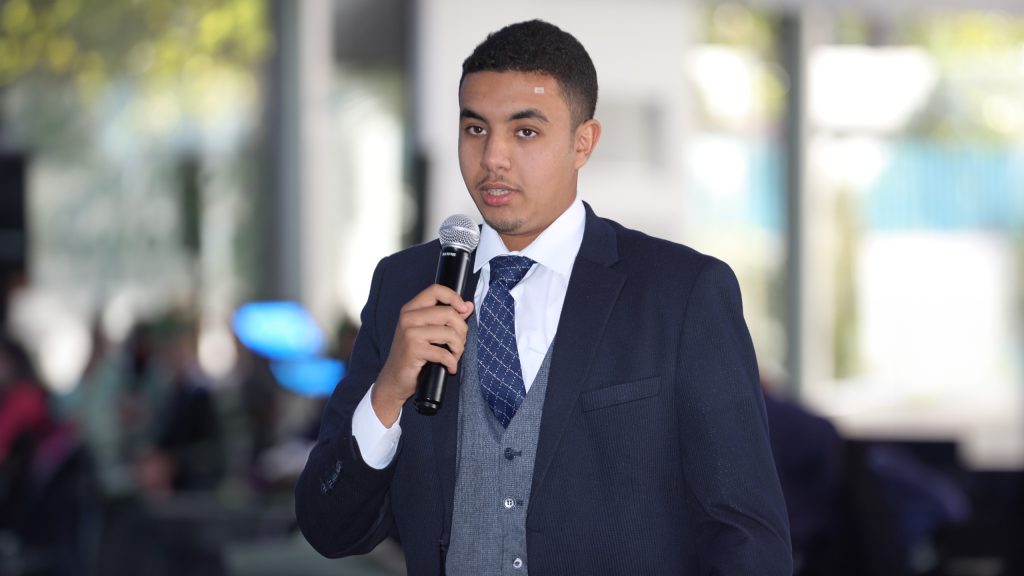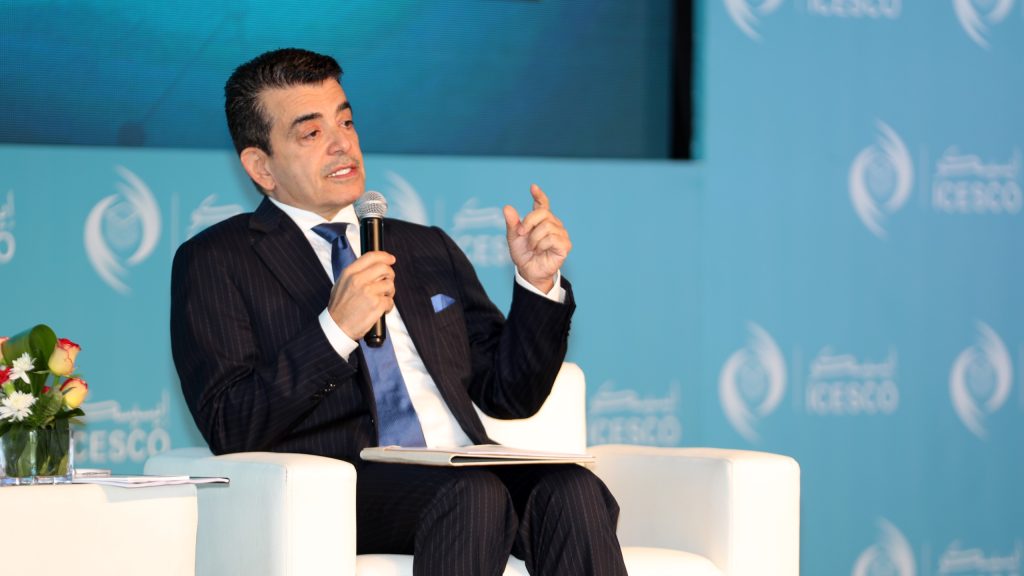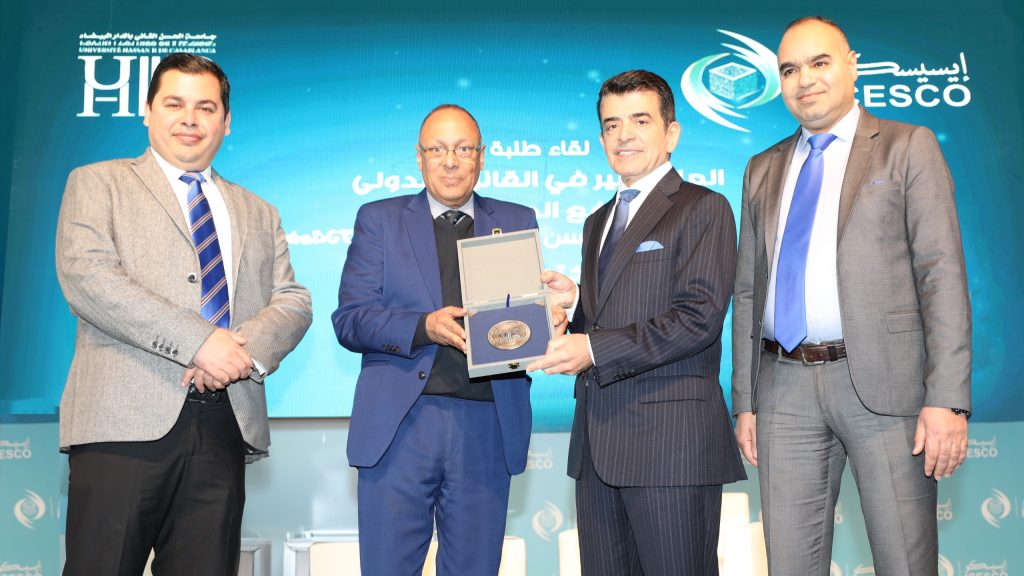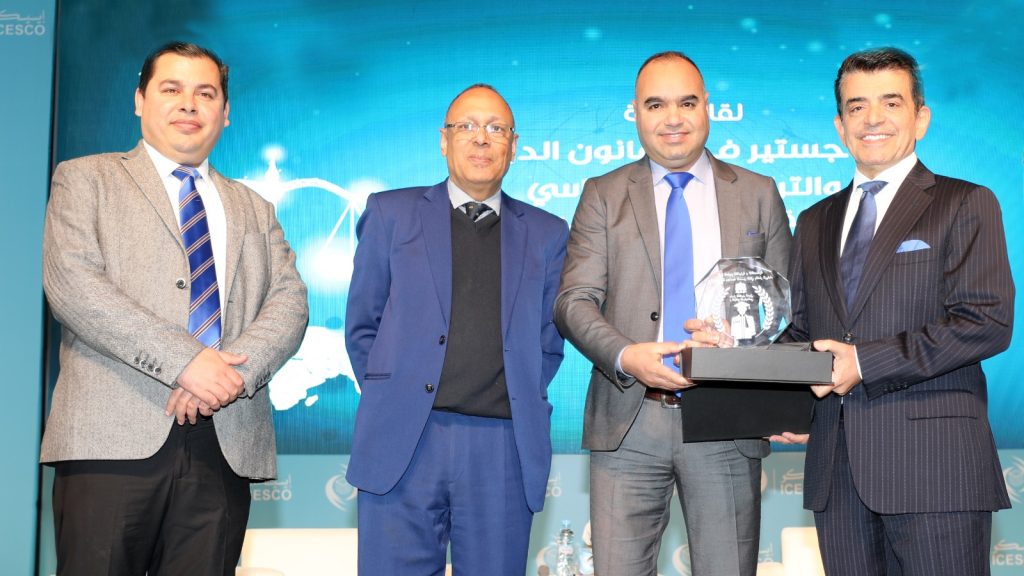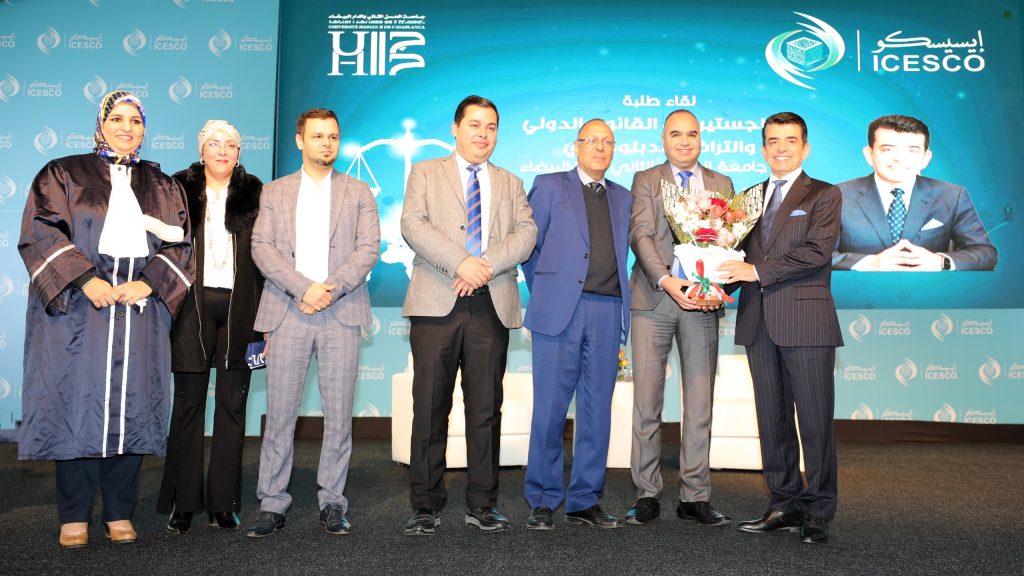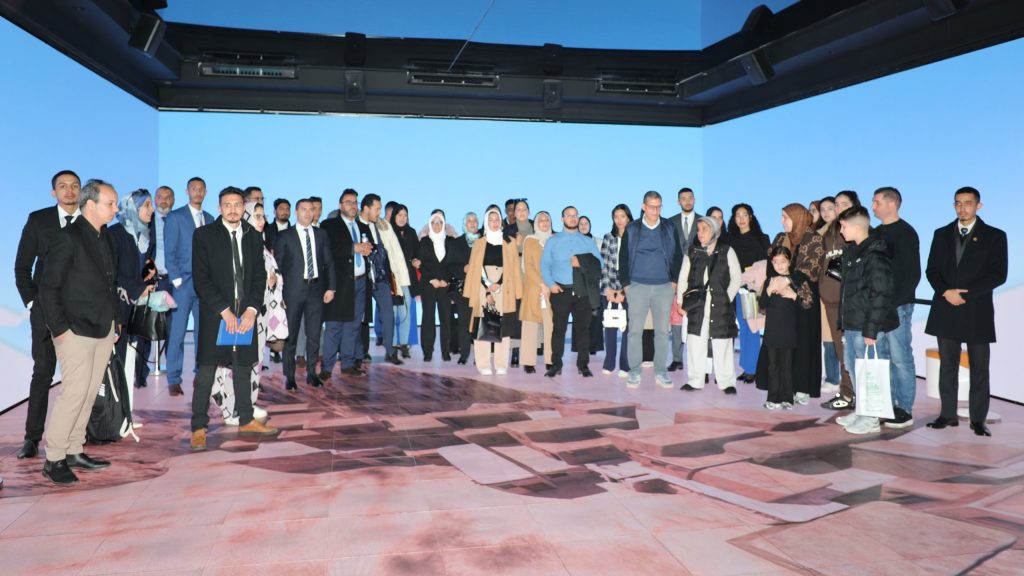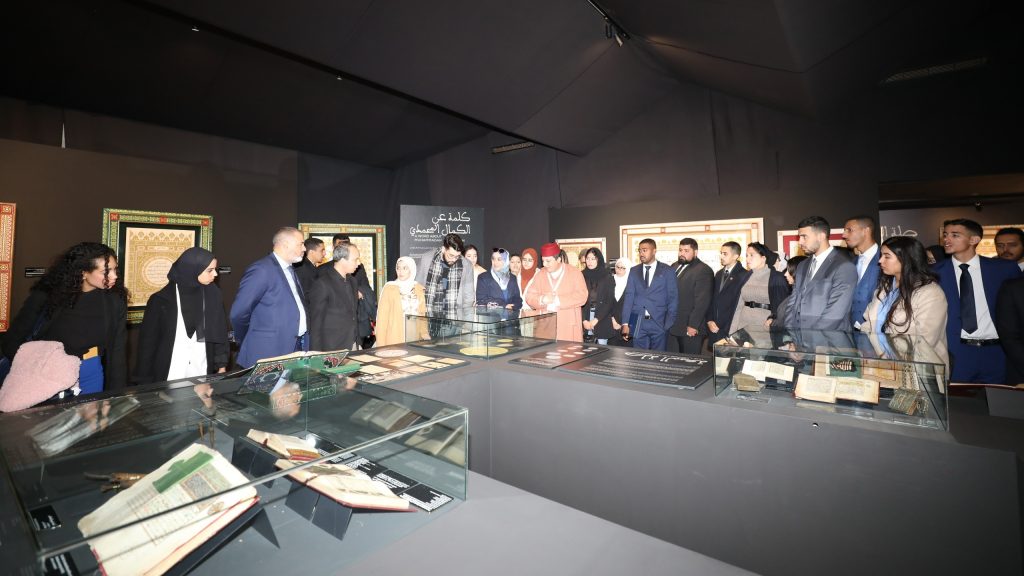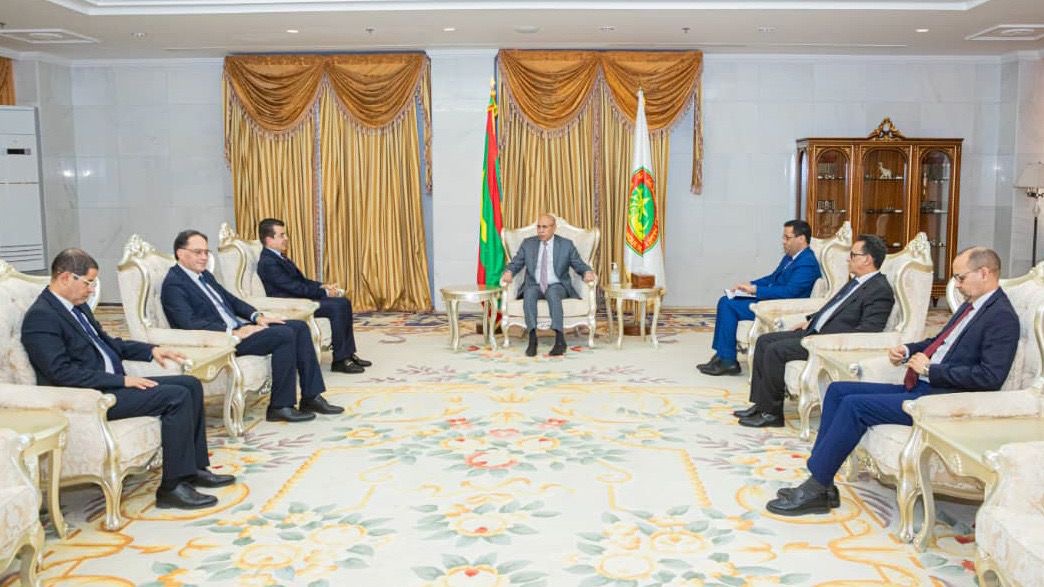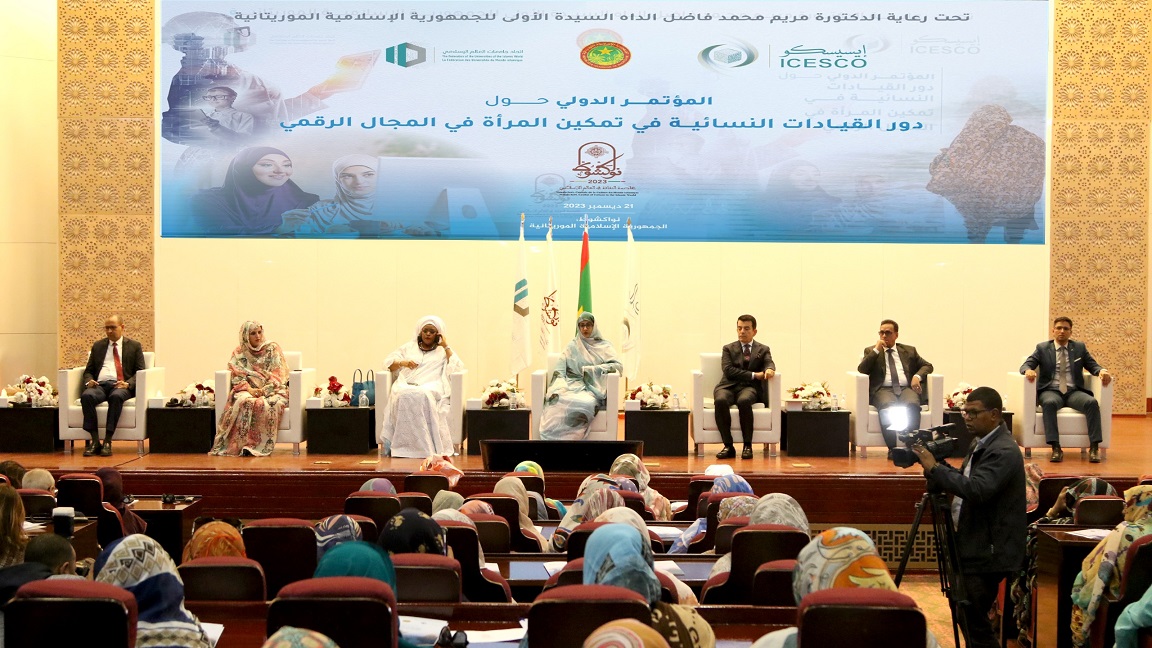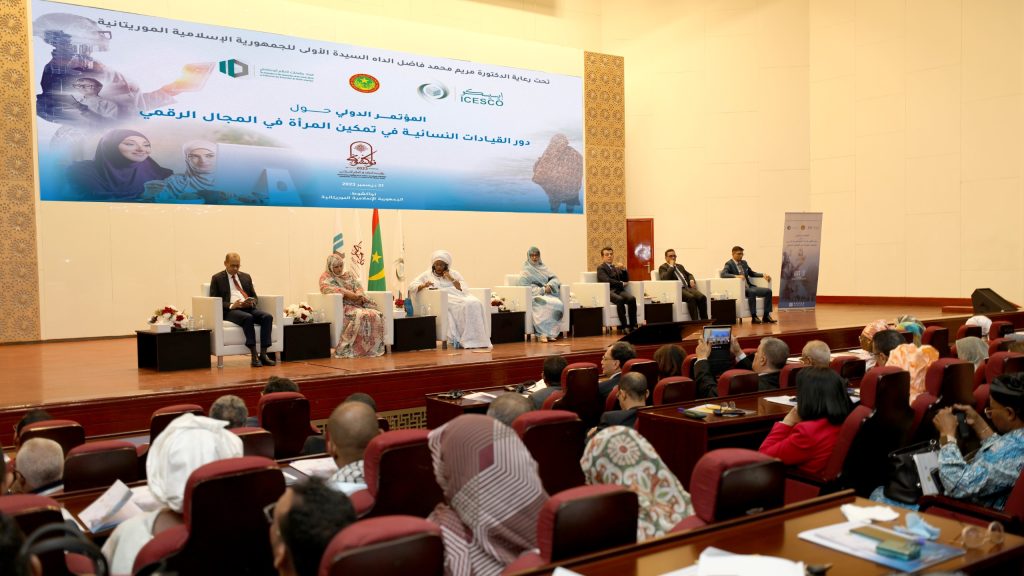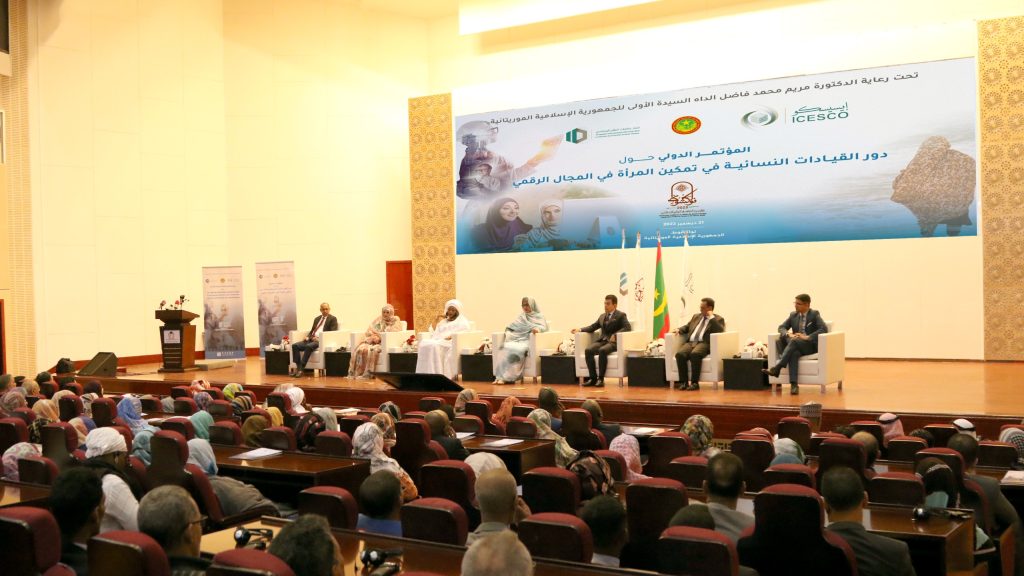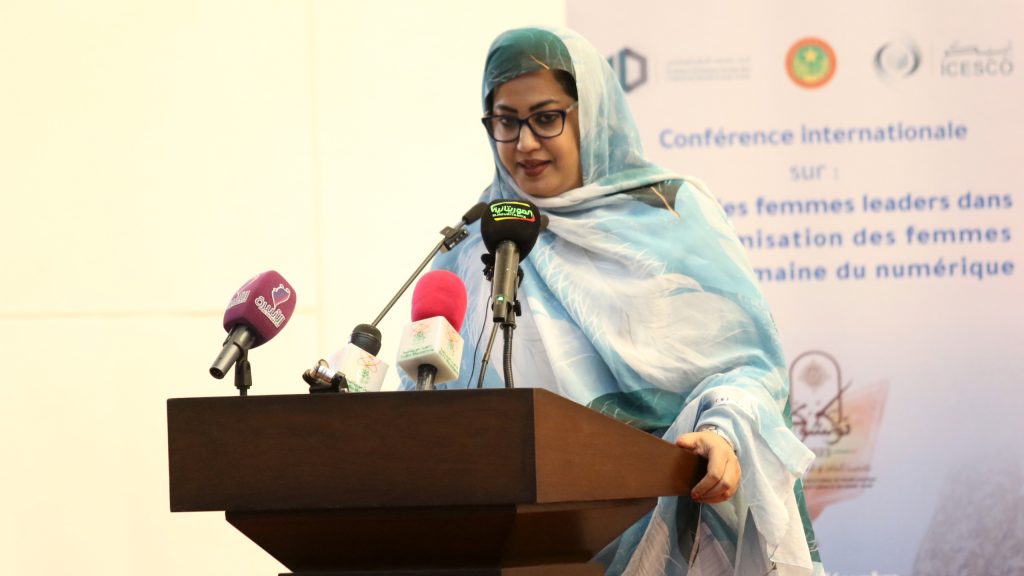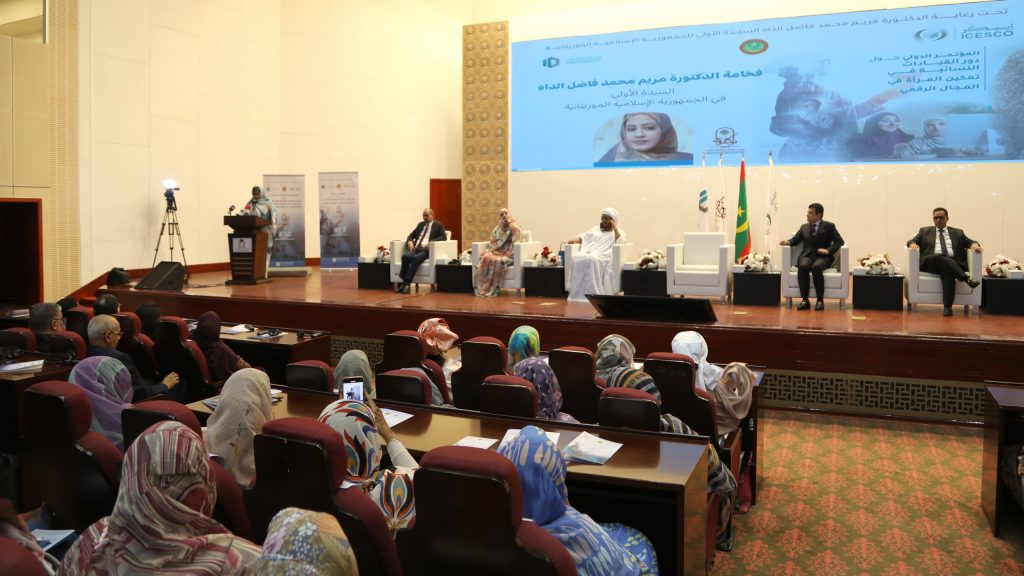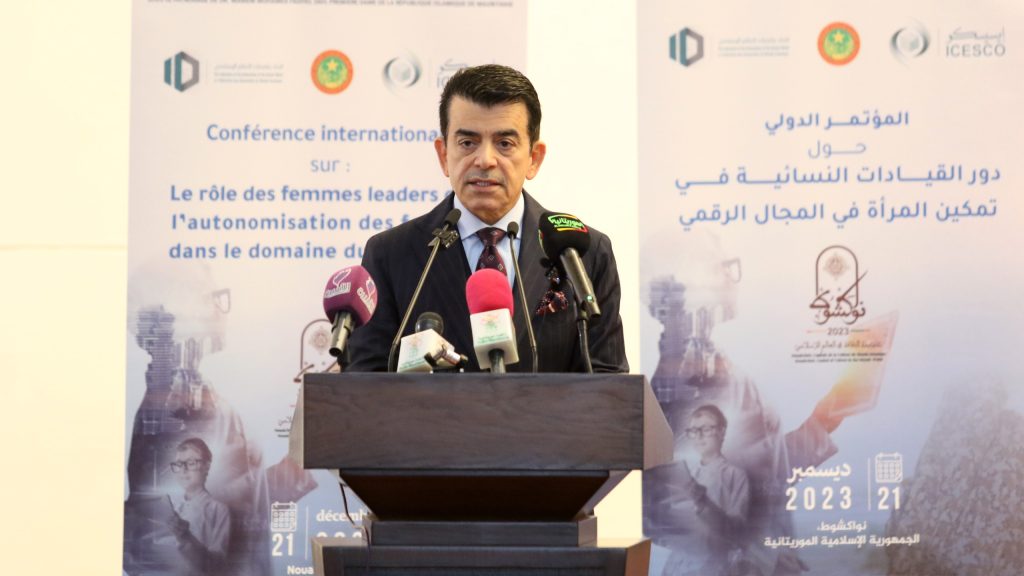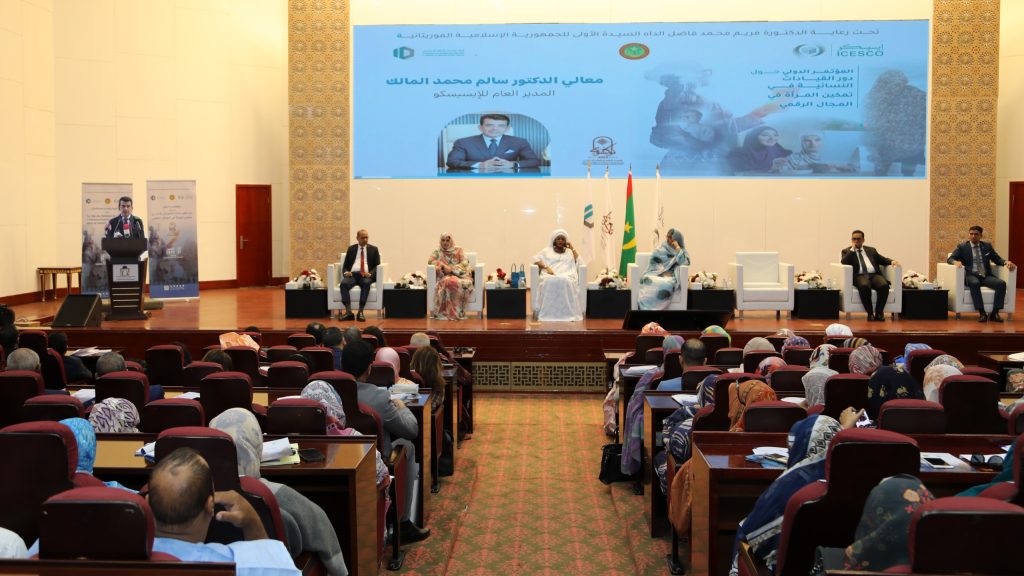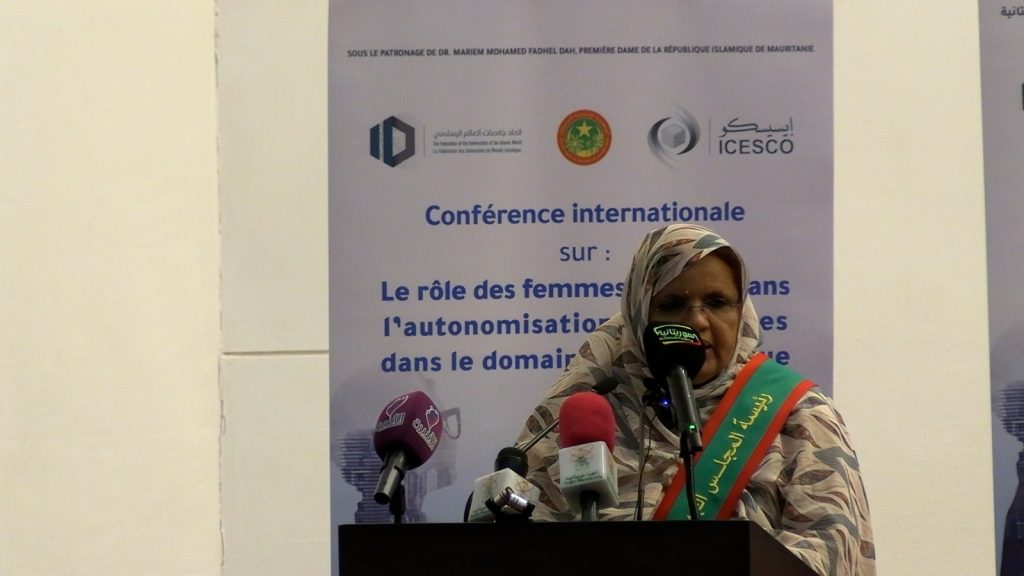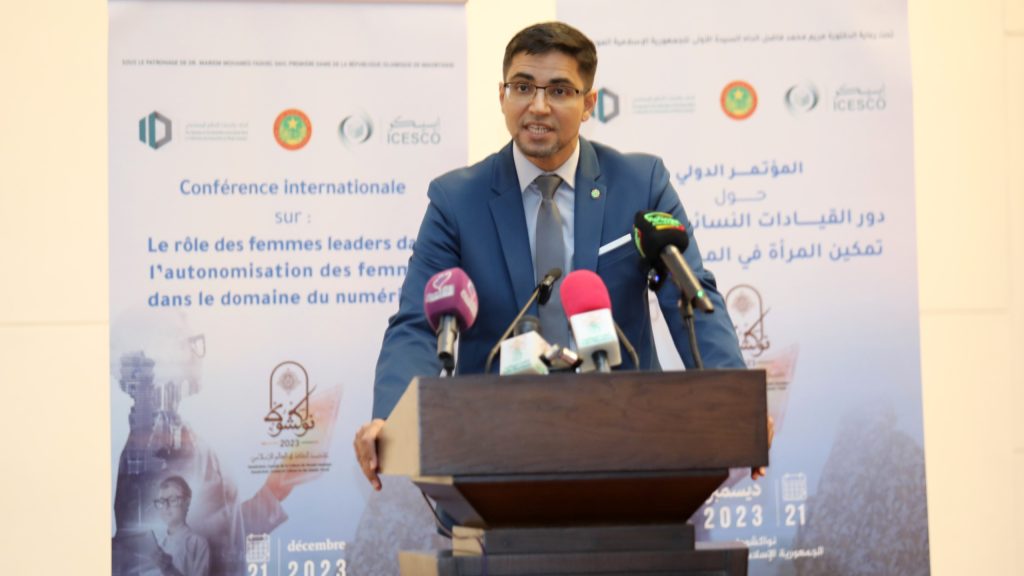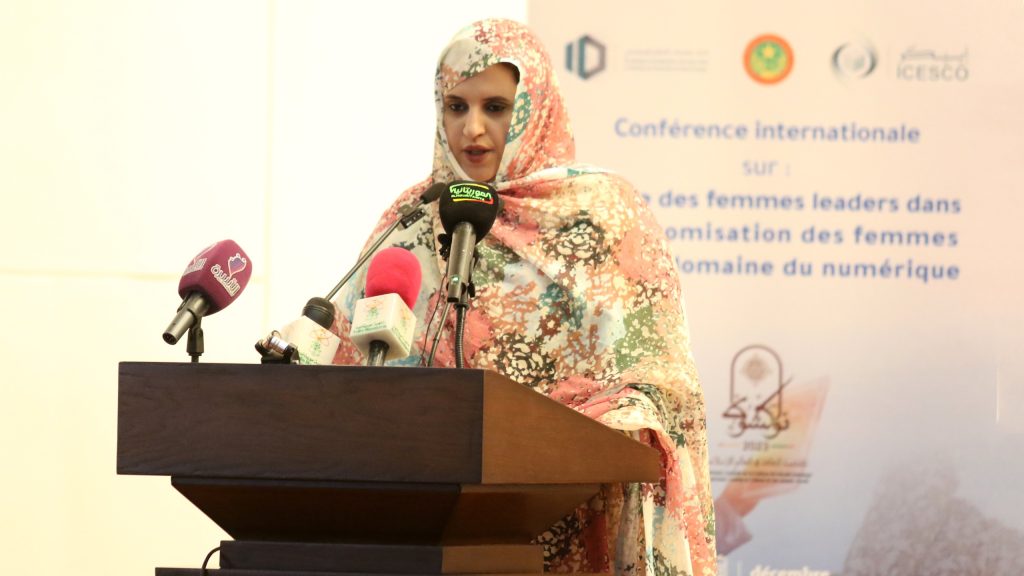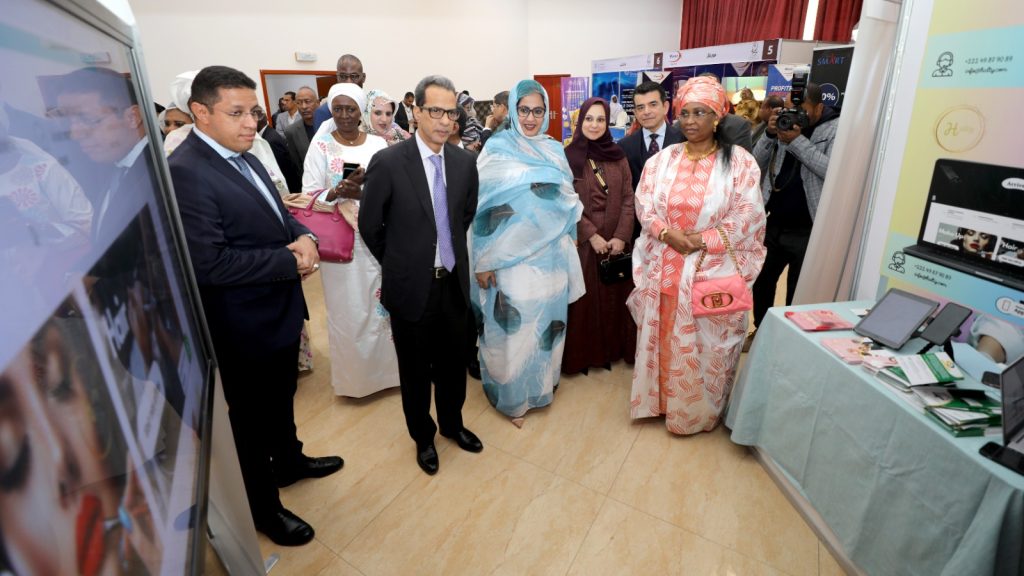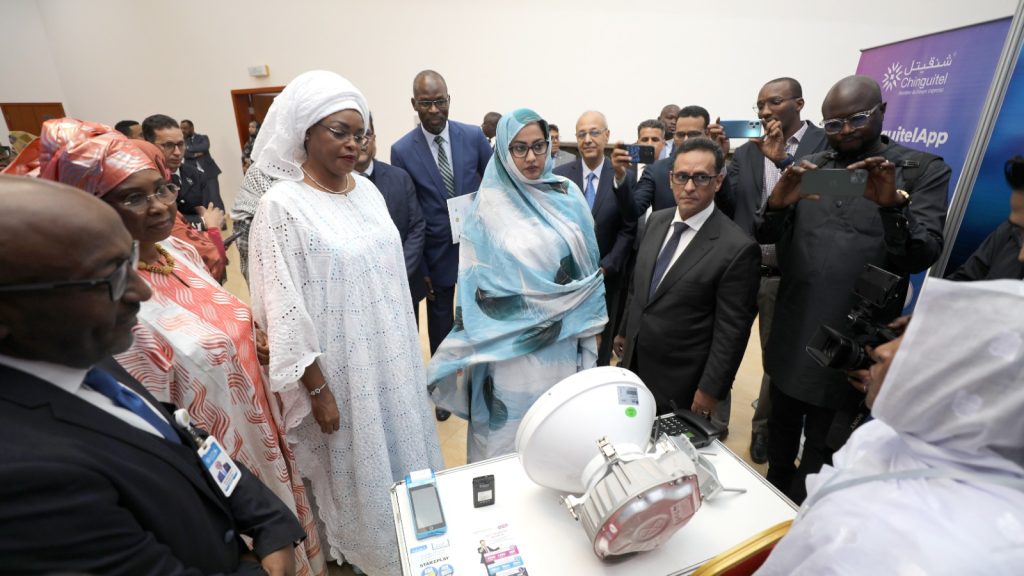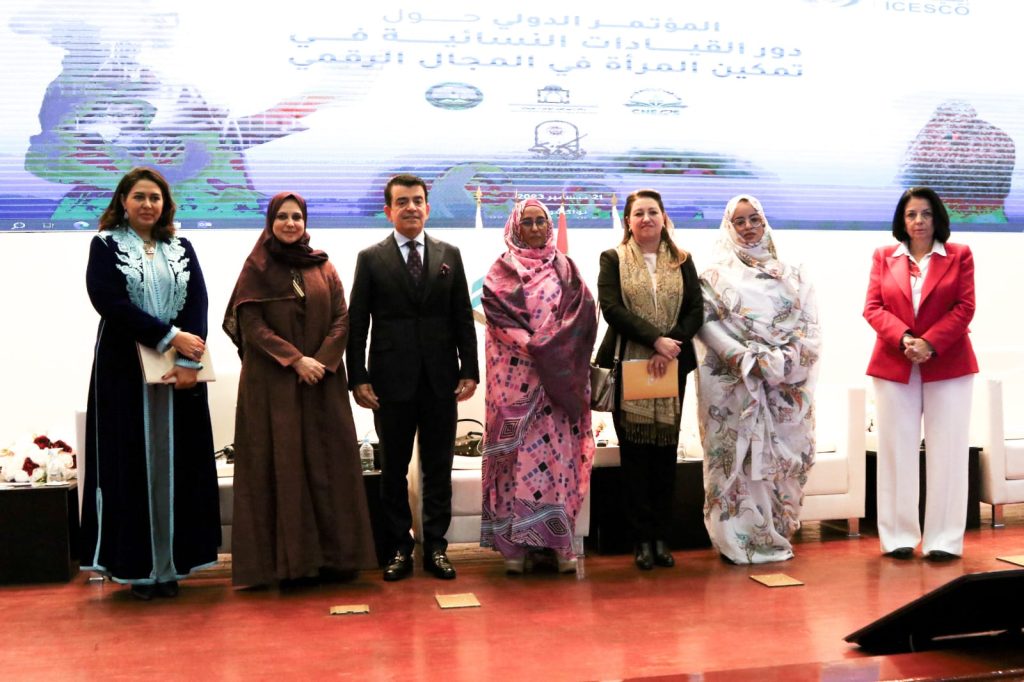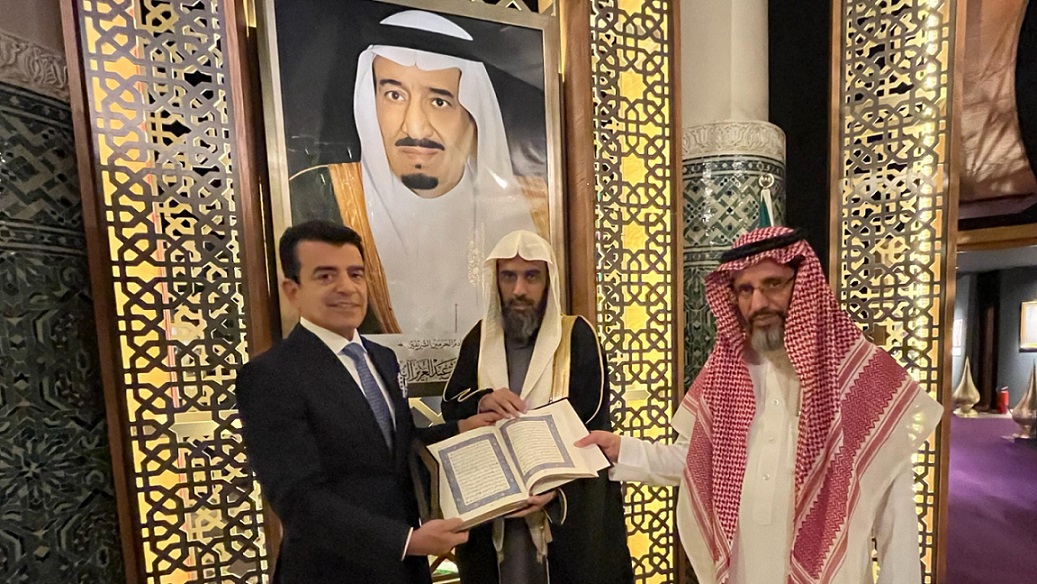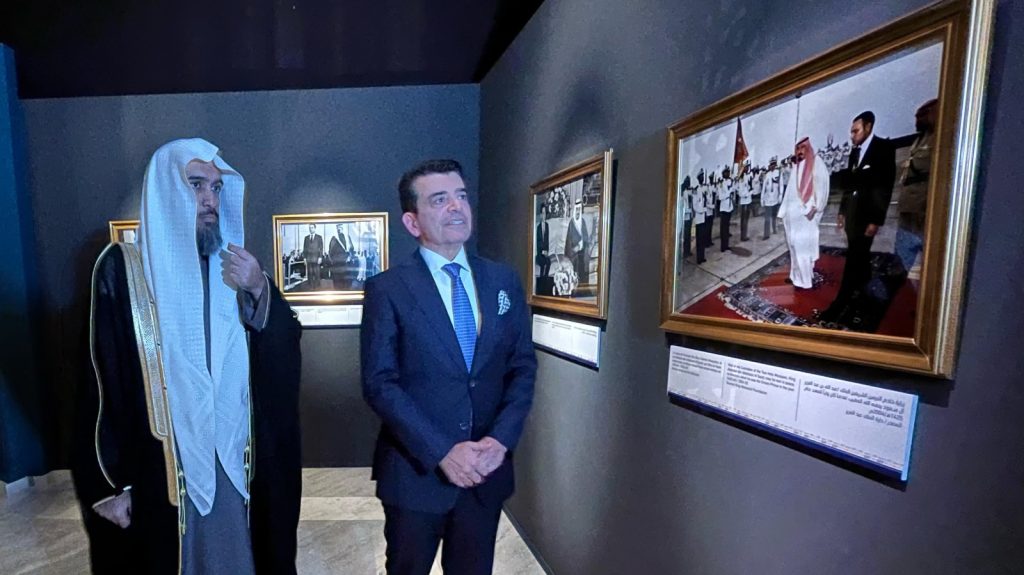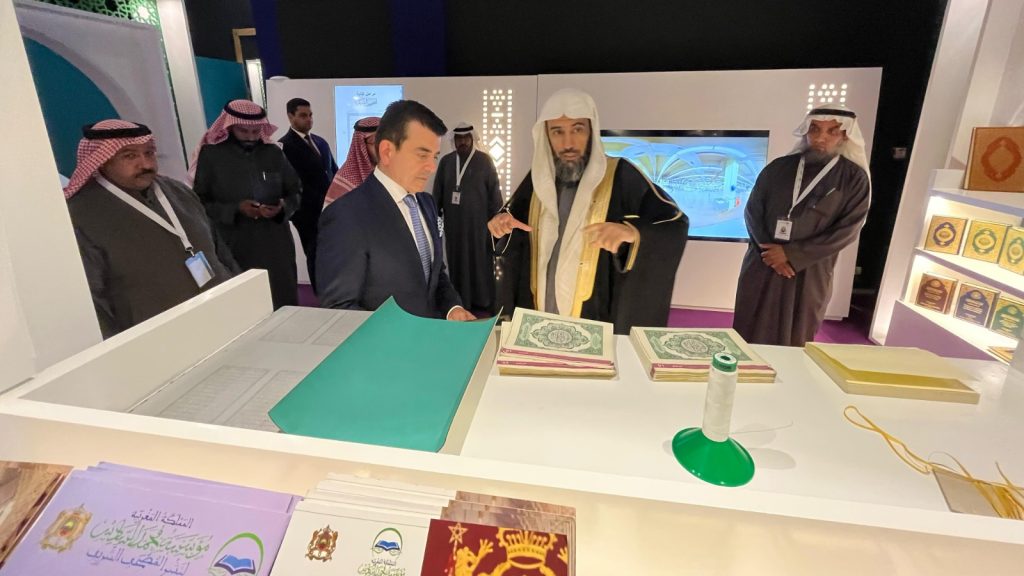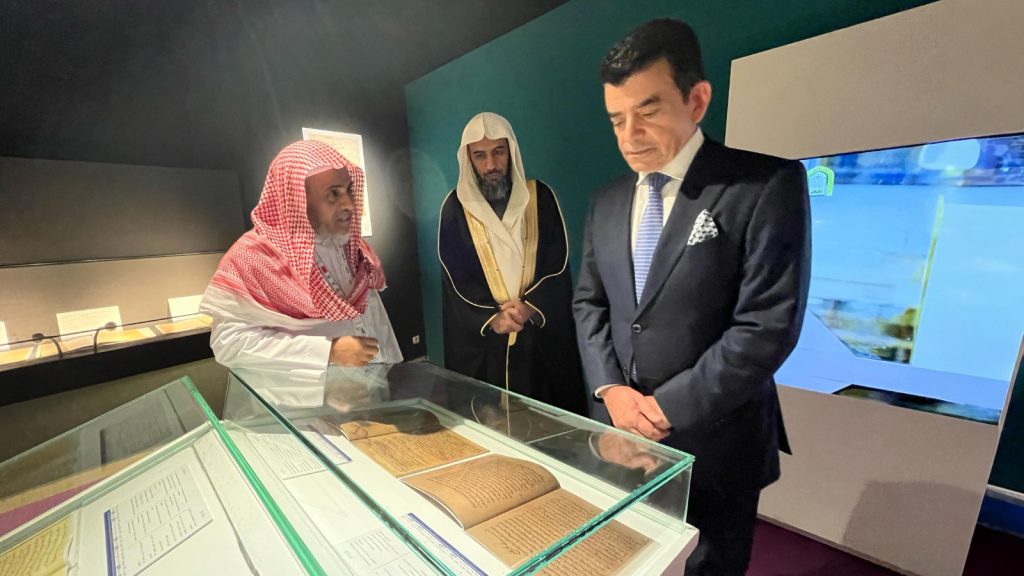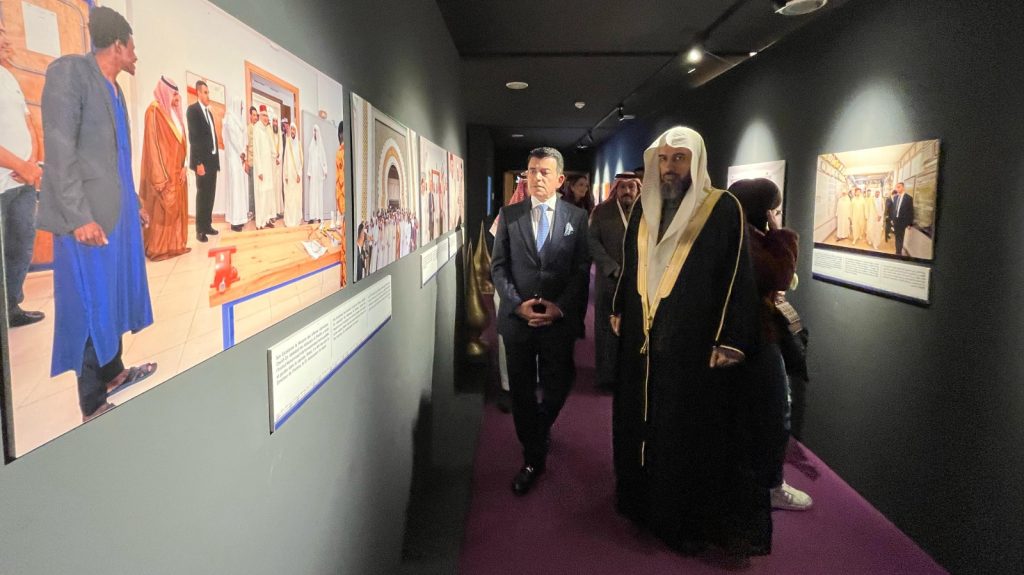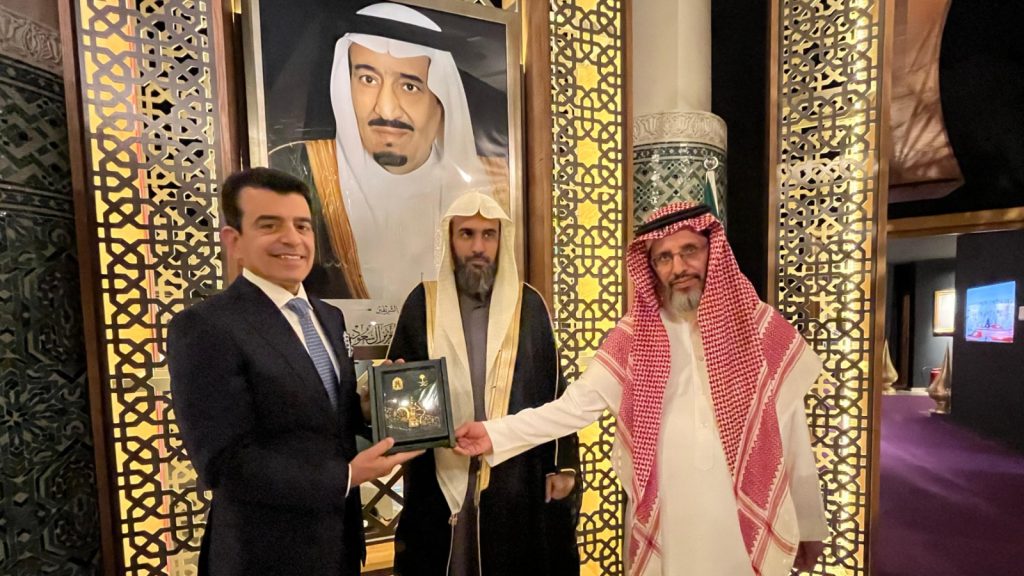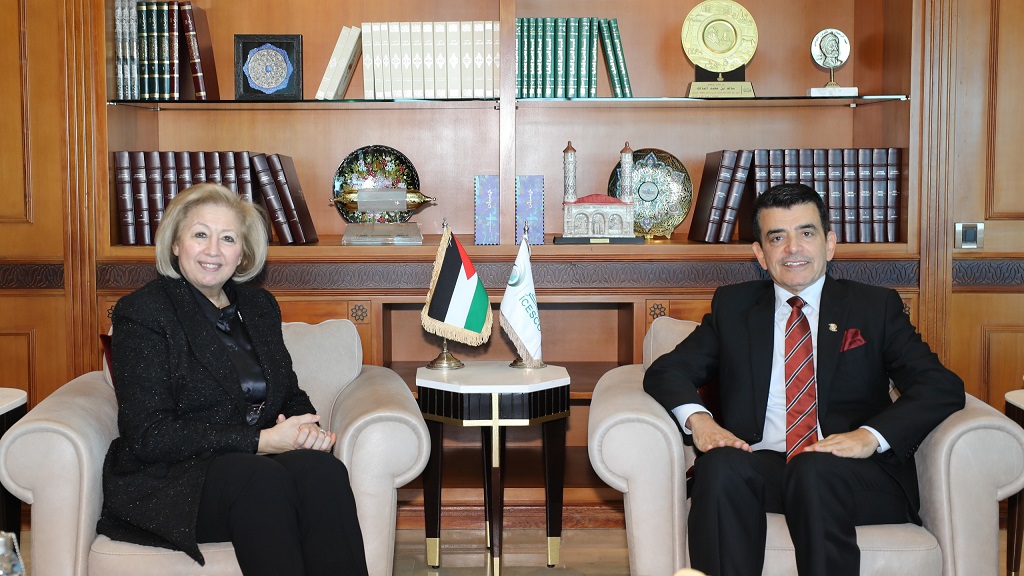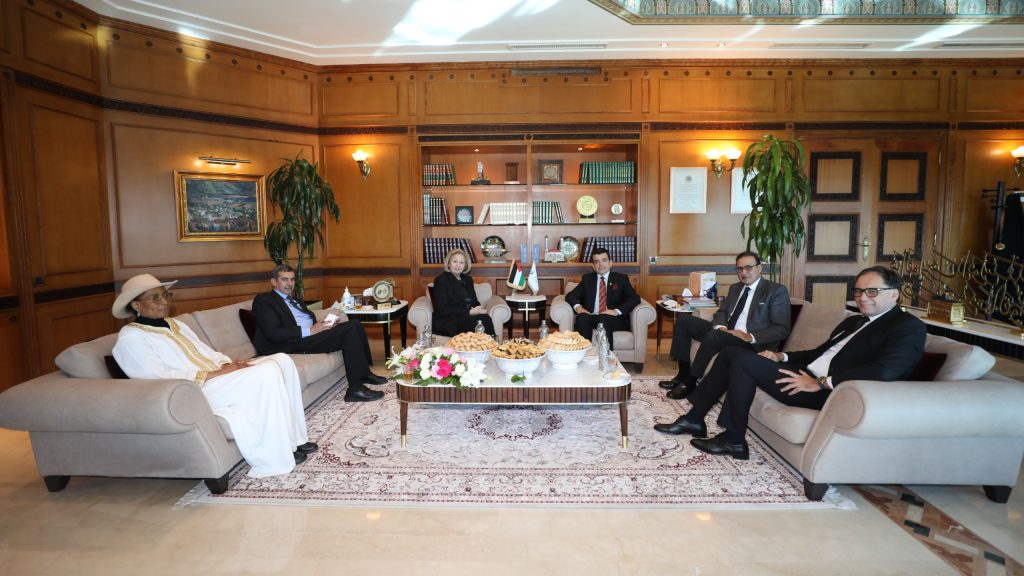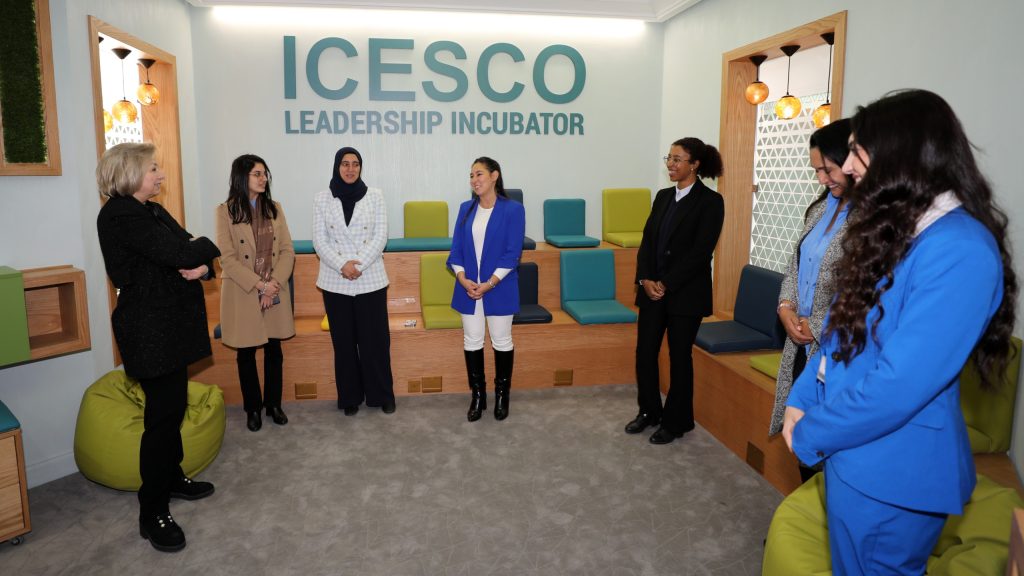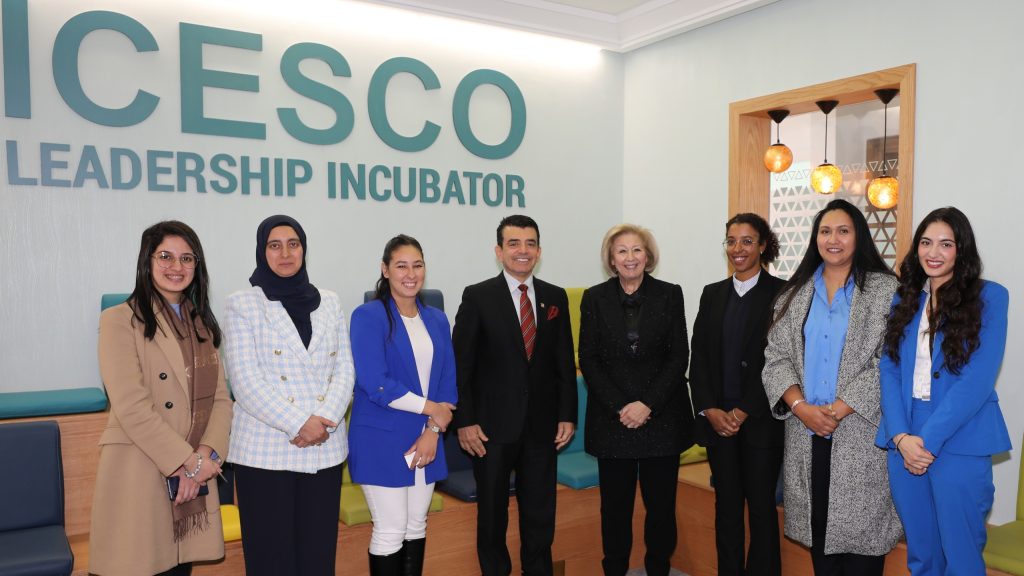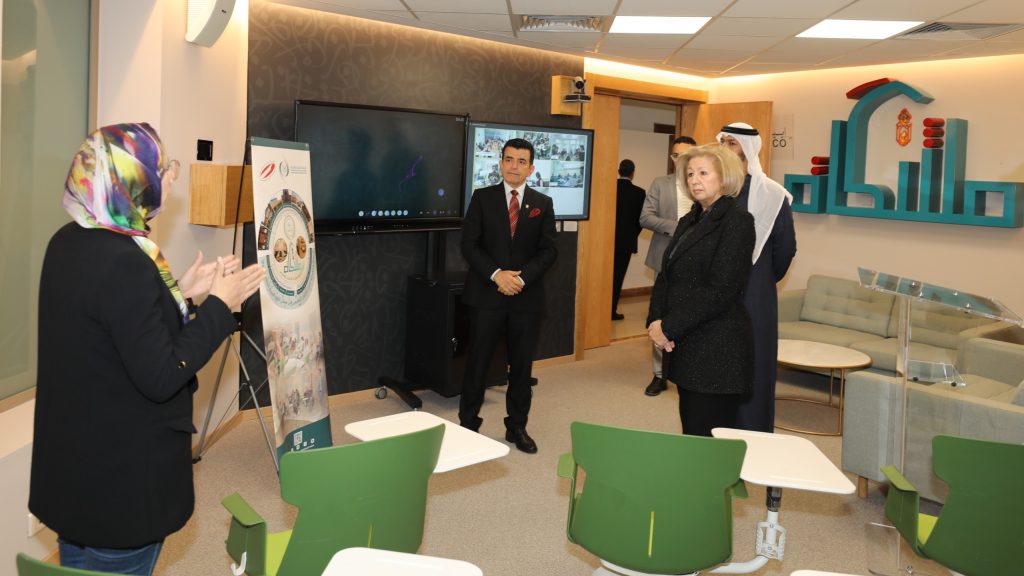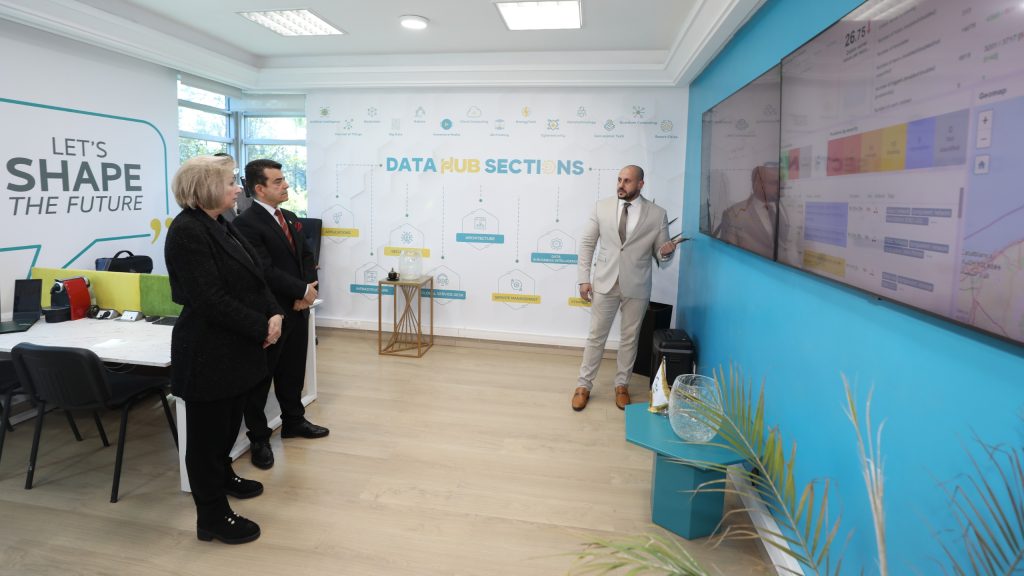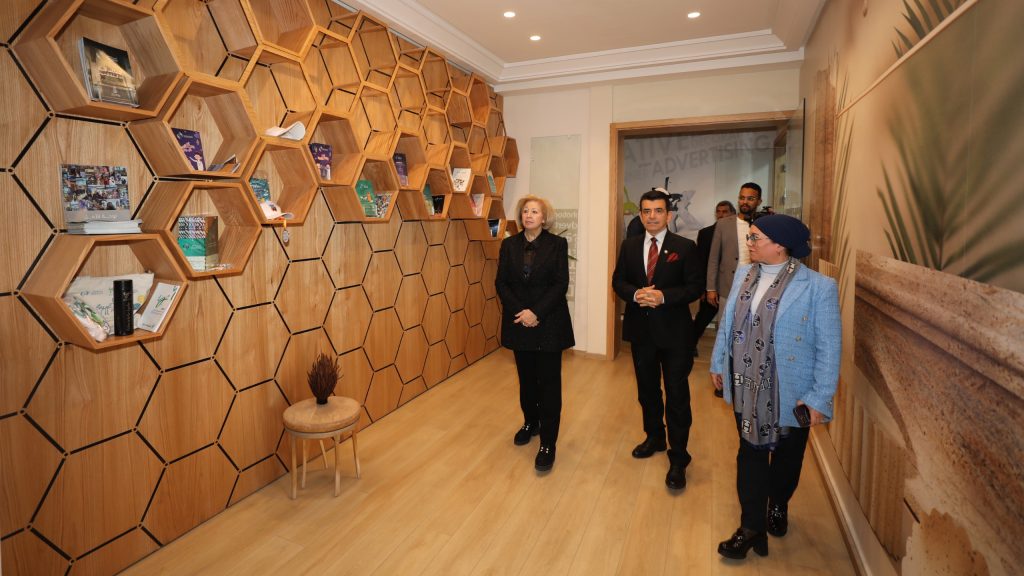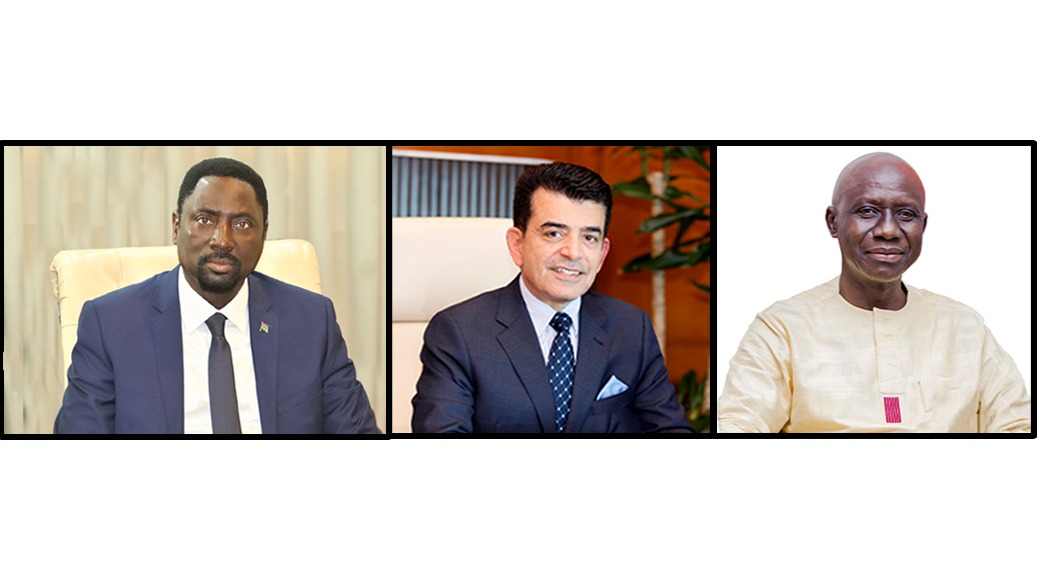In the presence of His Excellency Macky Sall, President of the Republic of Senegal, Dr. Salim M. AlMalik, Director General of the Islamic World Educational, Scientific and Cultural Organization (ICESCO), participated in the opening ceremony of the twelfth session of the National Festival of Arts and Culture, in Fatick, Senegal. The ceremony also saw the presence of Mr. Mohammed Mehdi Bensaid, Minister of Youth, Culture and Communication of the Kingdom of Morocco, which is the guest of honor, along with a number of ministers and representatives of diplomatic missions and international organizations.

During the grand opening ceremony, organized on Monday evening (January 8, 2024), His Excellency President Macky Sall welcomed the participants, stressing the importance of culture, heritage and arts in achieving sustainable development, and announced the inauguration of the International Exhibition and Museum of the Prophet’s Seerah and Islamic Civilization, which is supervised by the Muslim World League, in Dakar, scheduled on February 5, 2024.
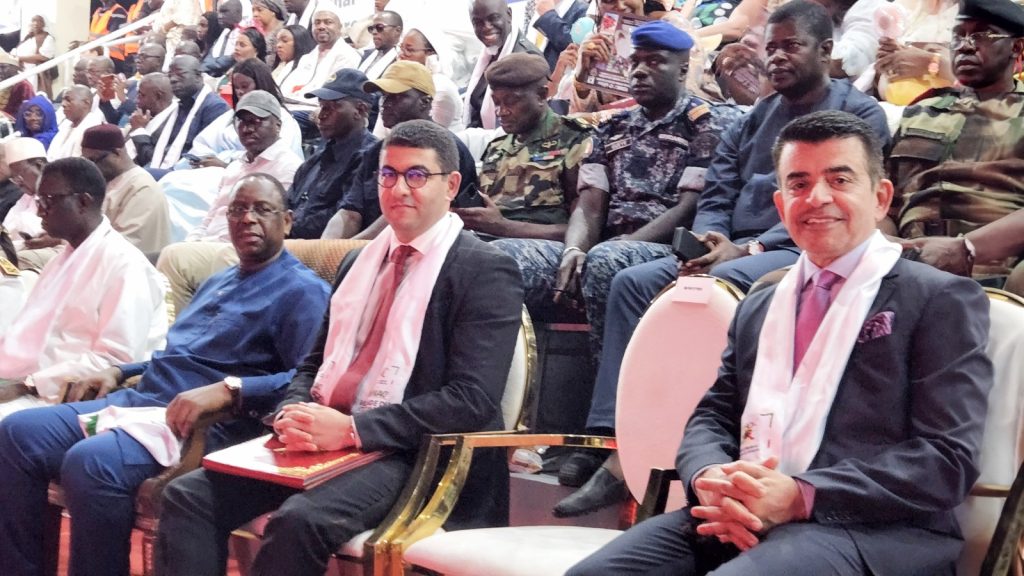
In his address, Dr. AlMalik expressed his great pleasure at participating in the festival, which aims to promote cultural heritage, noting the efforts of President Macky Sall to develop the economy, promote entrepreneurship among youth and women, and develop a model for peace, social cohesion and civilizational dialogue, in order to consolidate the values of coexistence, peace and stability in the African continent and worldwide.

At the end of his address, ICESCO Director-General congratulated Senegal on its election as a member of the UNESCO World Heritage Committee, underscoring ICESCO’s keenness to strengthen partnership with its Member States, including the Republic of Senegal.
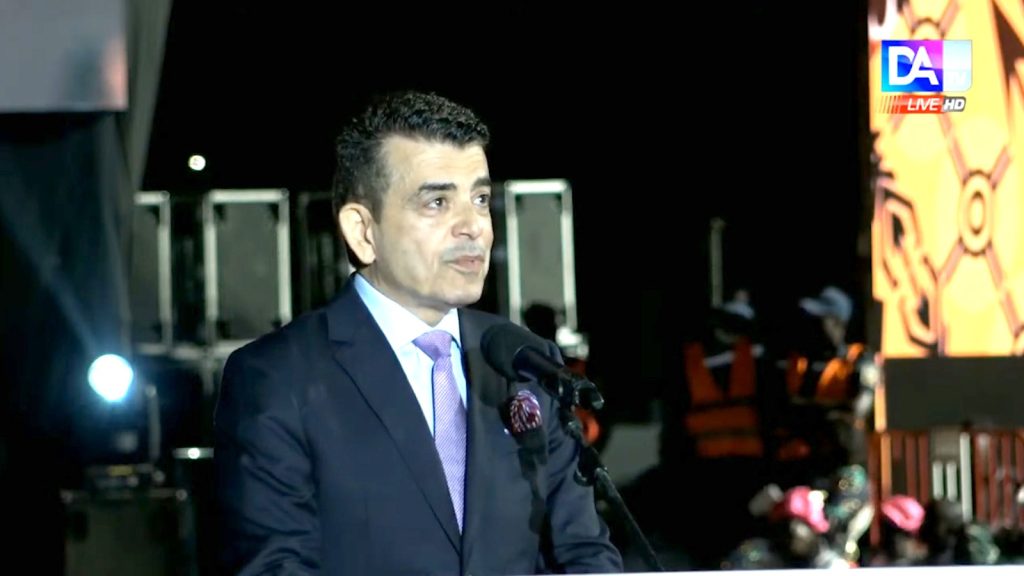
In the address of the Kingdom of Morocco, the festival guest of honor, Mr. Mohammed Mehdi Bensaid highlighted the deeply-rooted historical relations between Morocco and Senegal, stressing the role of culture and heritage in preserving African identity, especially among young people.
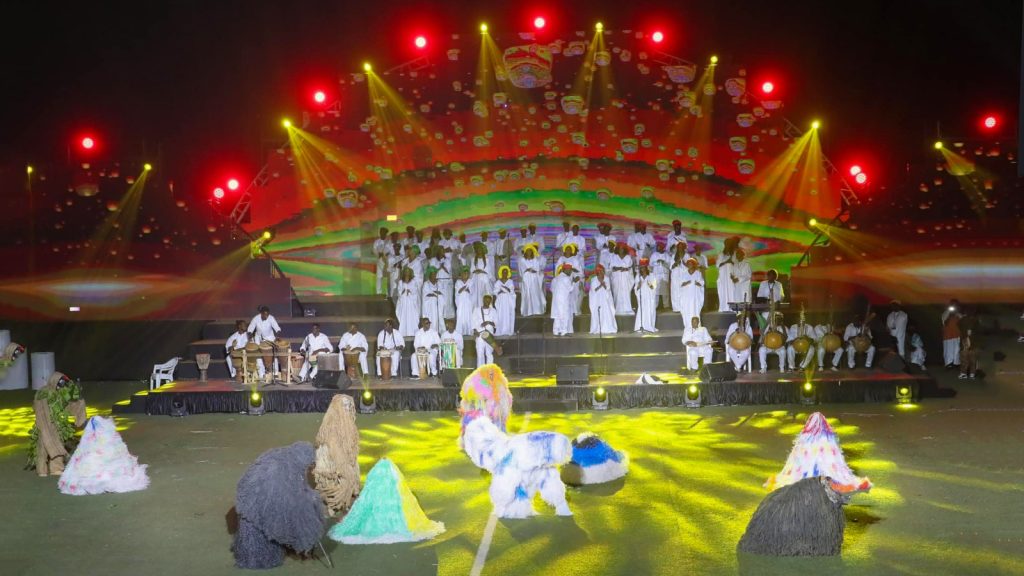
It is noteworthy that the current session of the festival, which spans over four days, is held in Fatick, the birthplace of the President of the Republic of Senegal, under the theme, ‘Macky, Arts and Heritage’. The program includes a national book fair, lectures on culture and arts, forums and workshops, in addition to a number of artistic and folklore performances to introduce the rich cultural heritage of Senegal.
The program also features artistic and folklore performances from the Kingdom of Morocco, the festival guest of honor.
